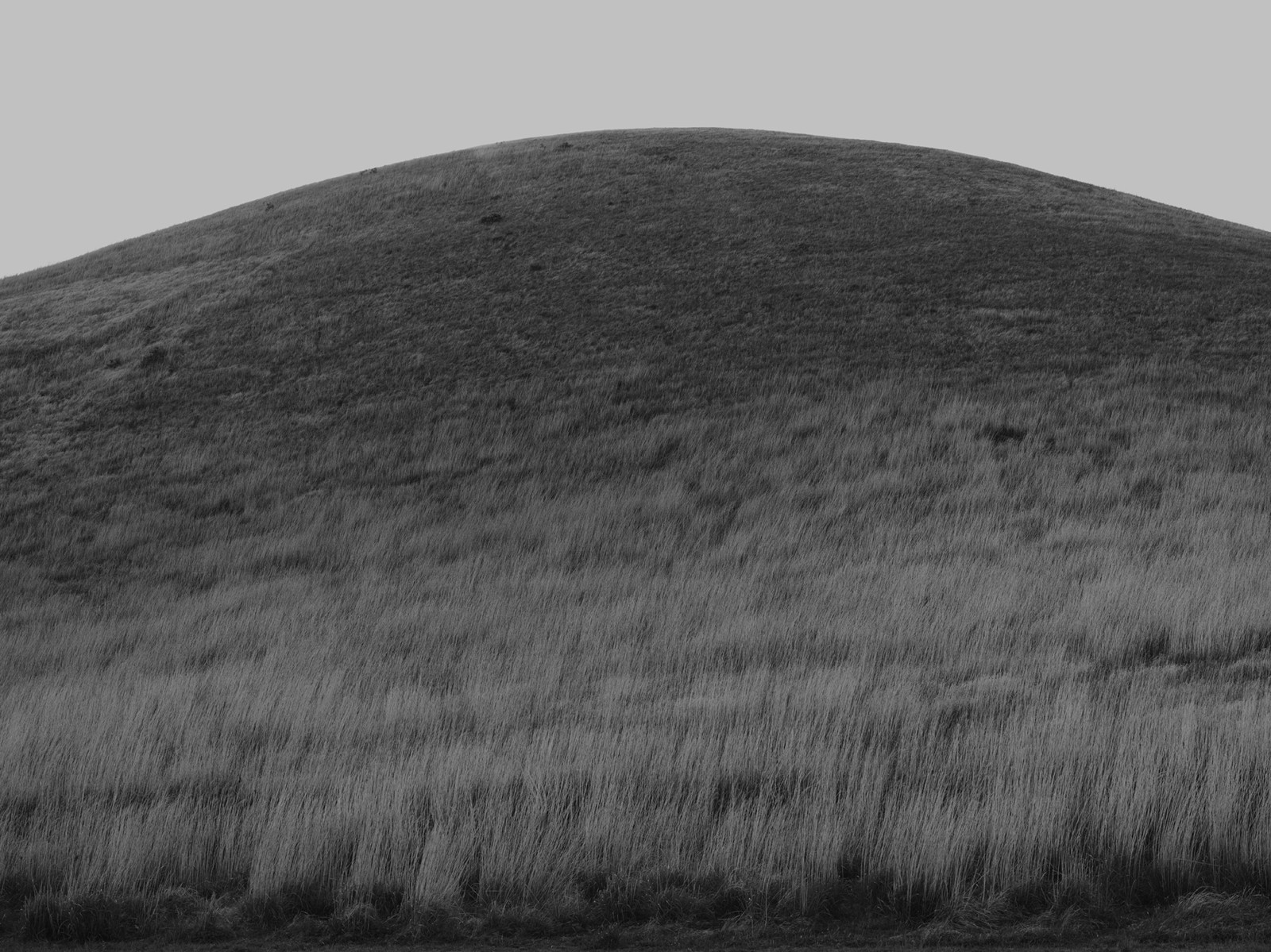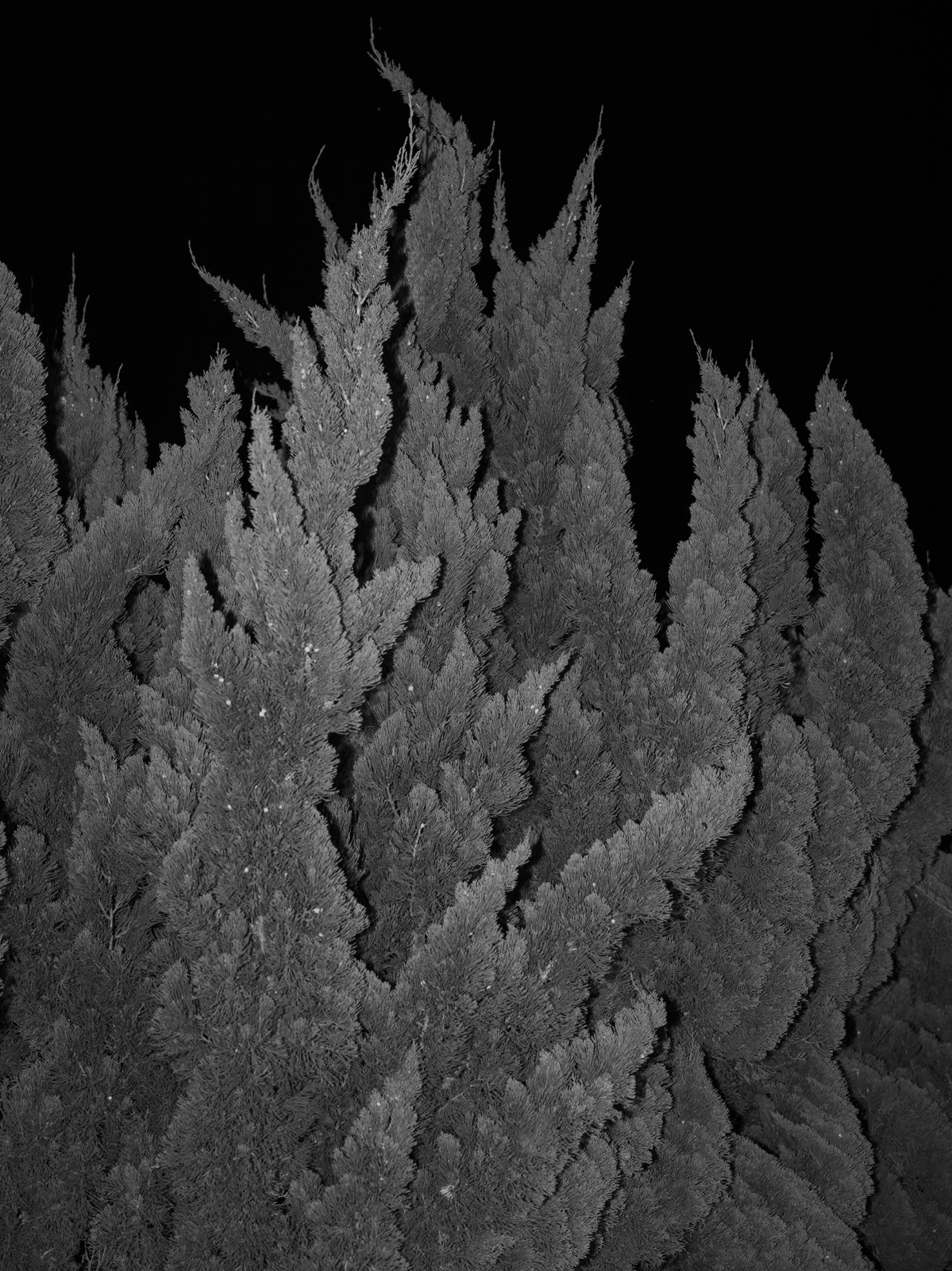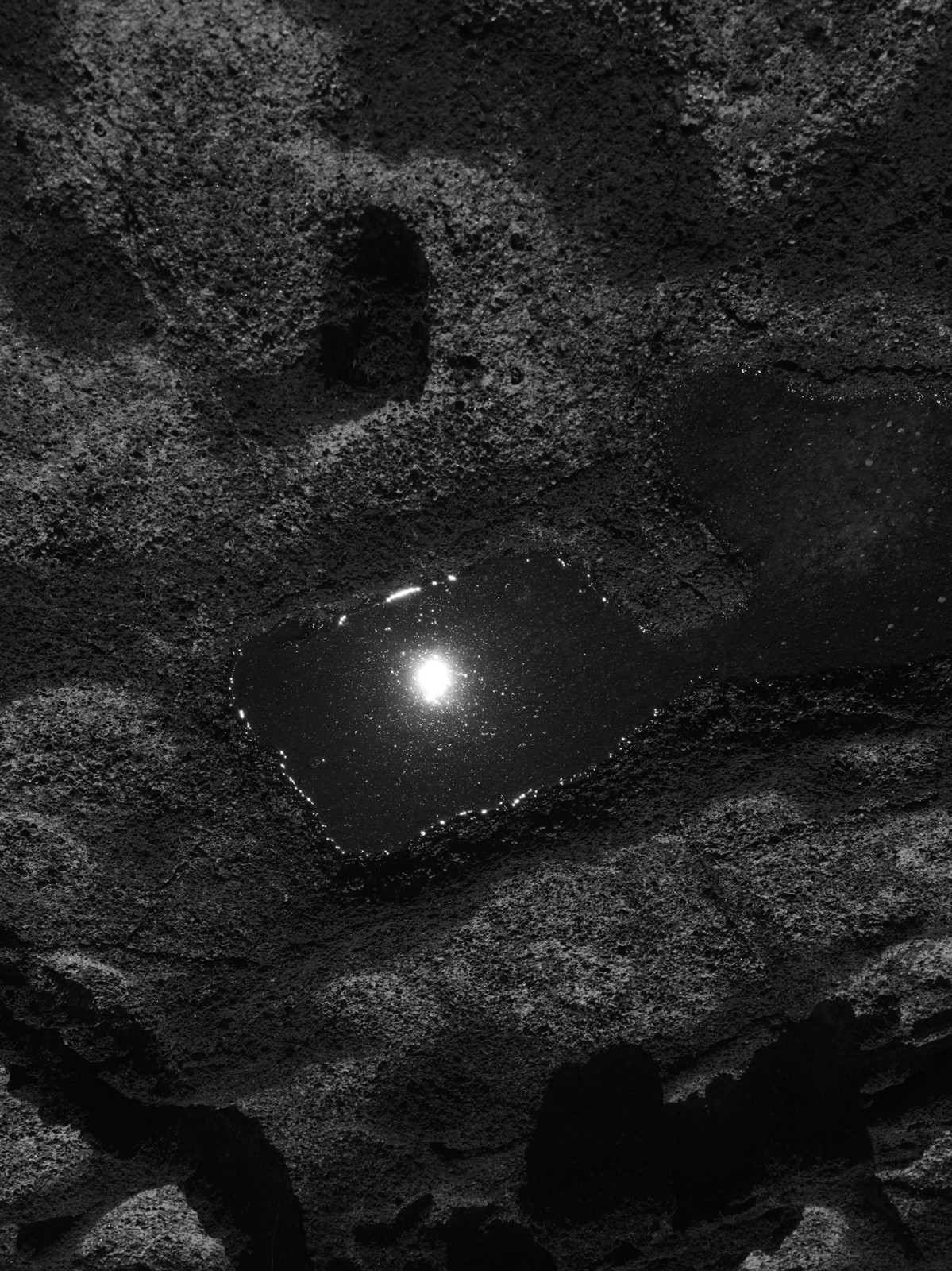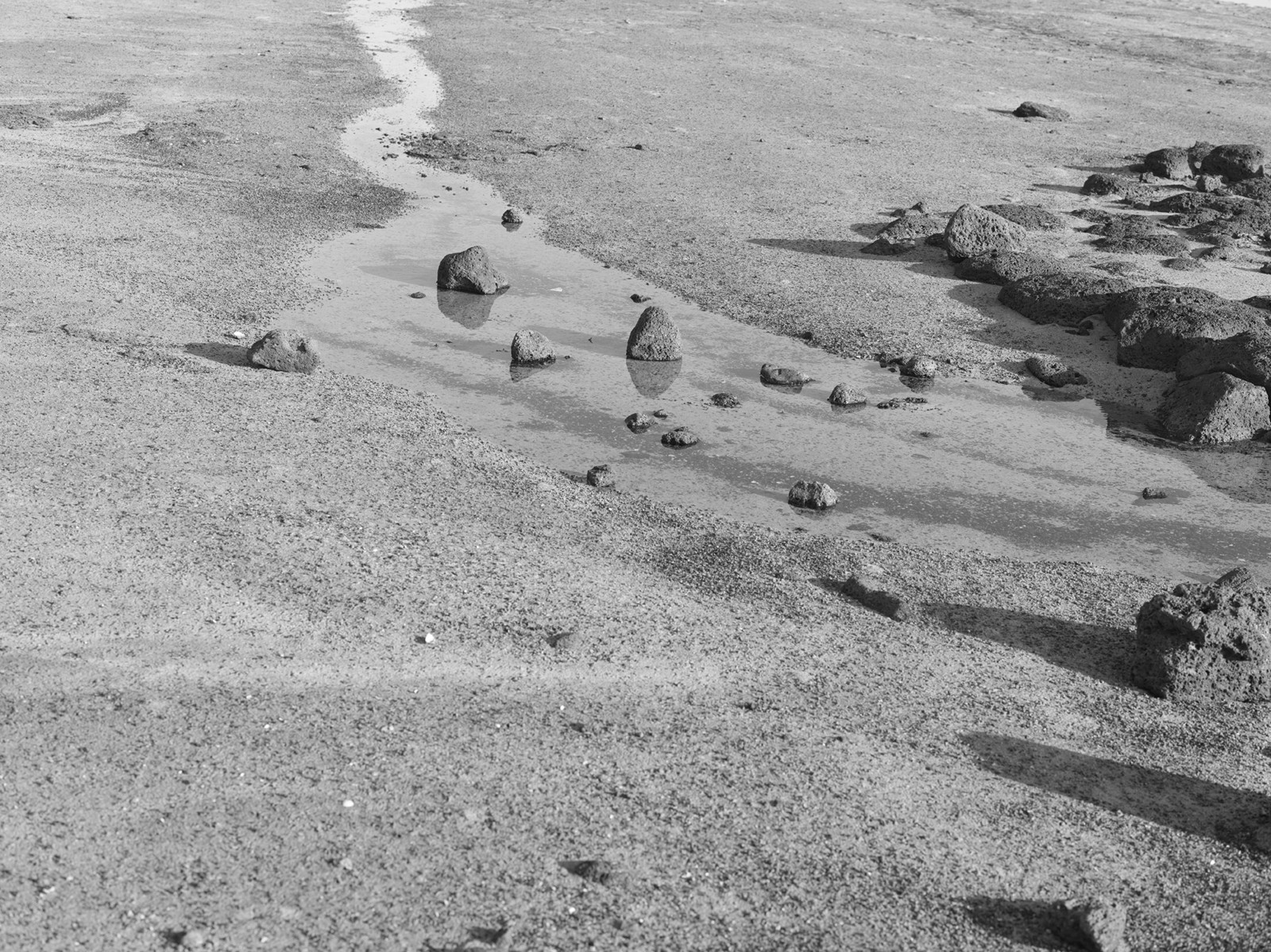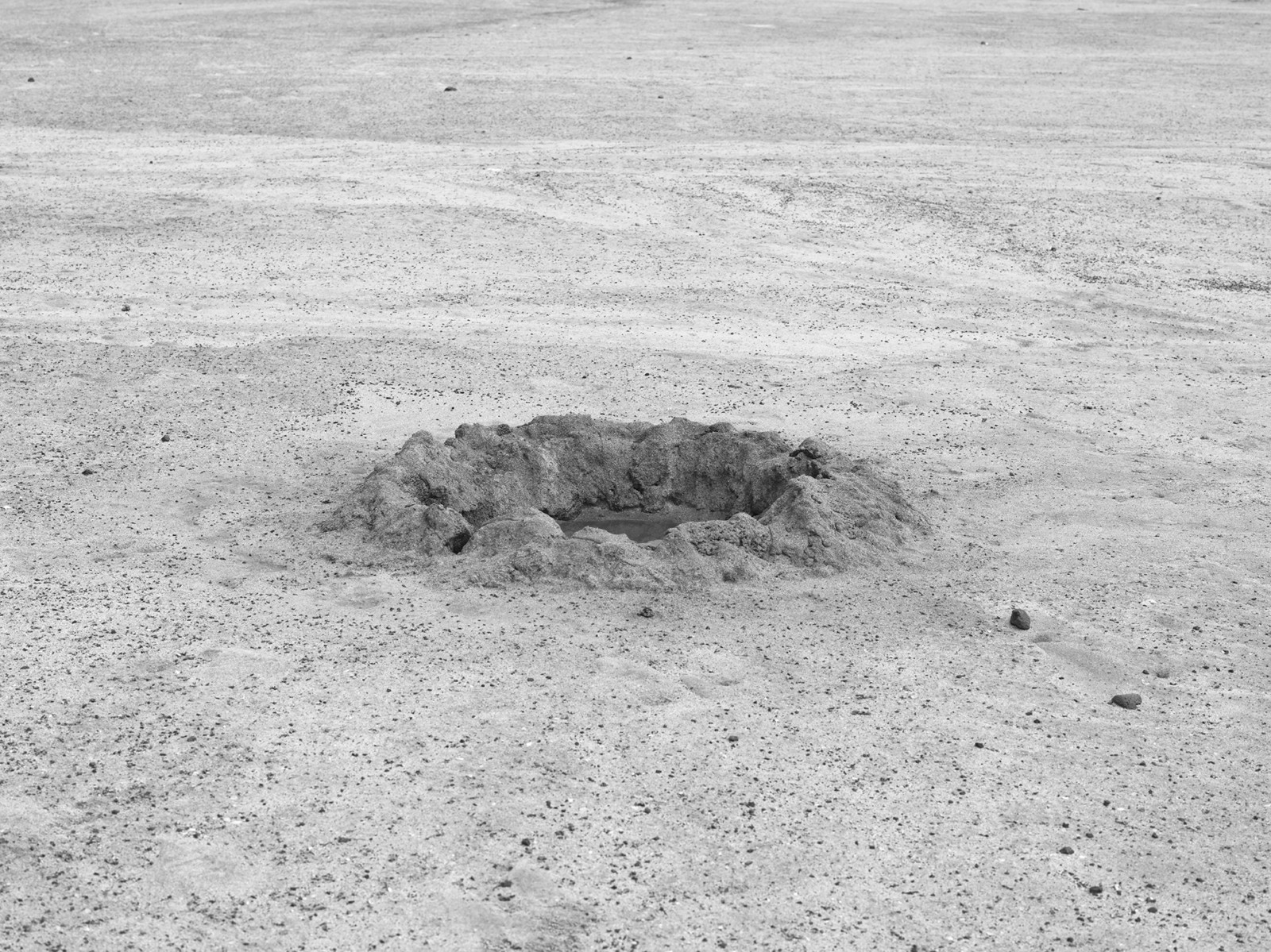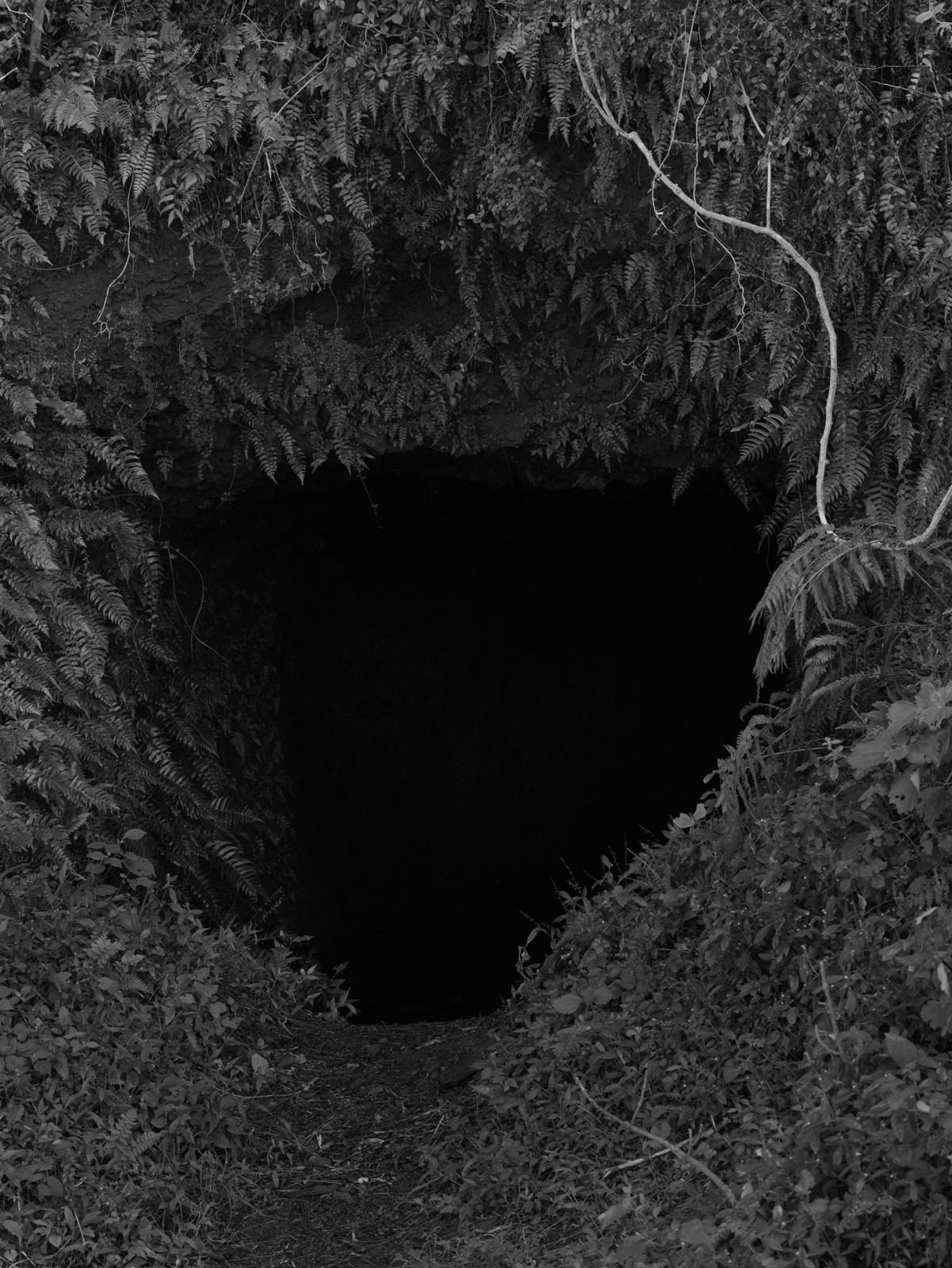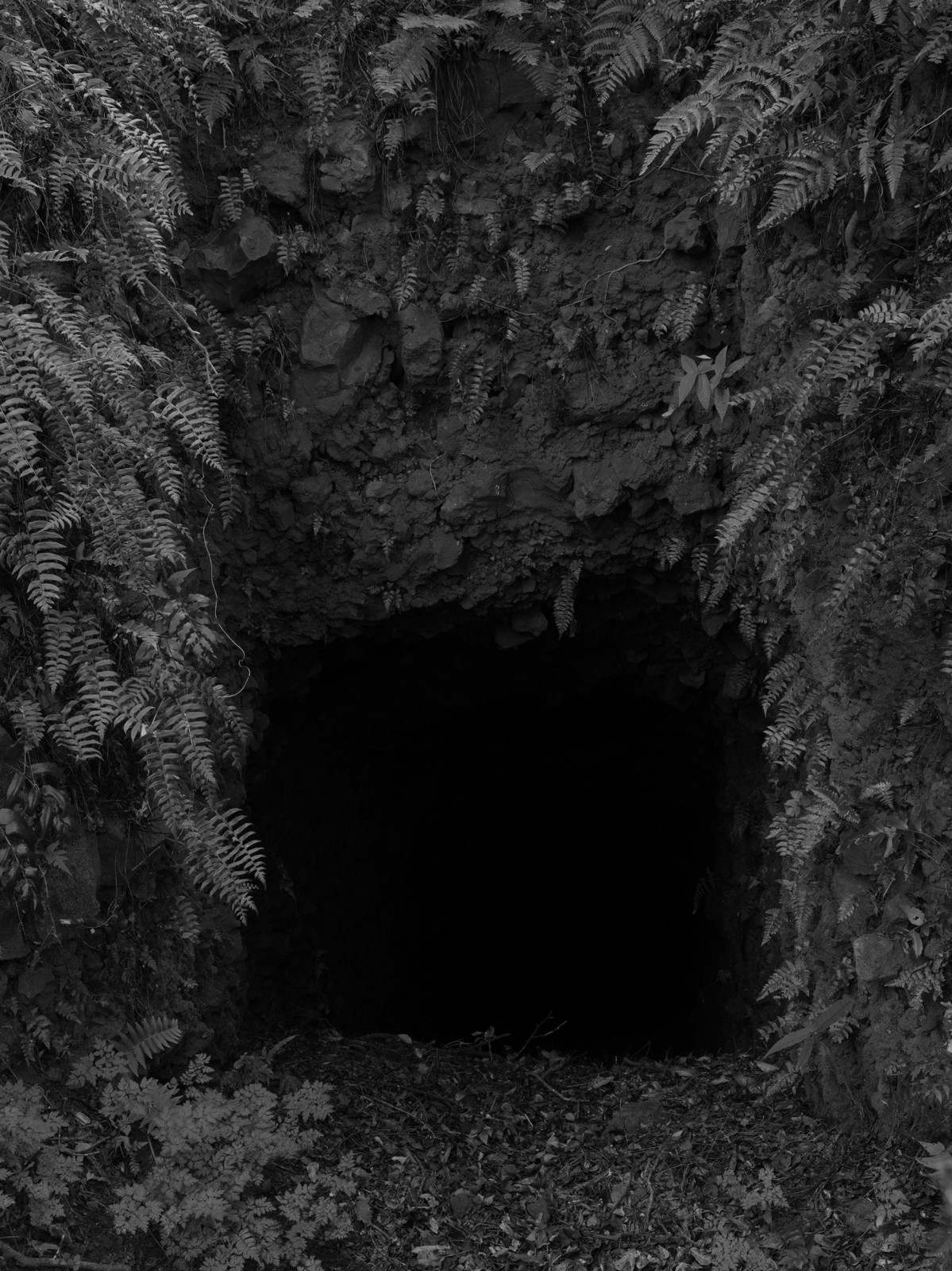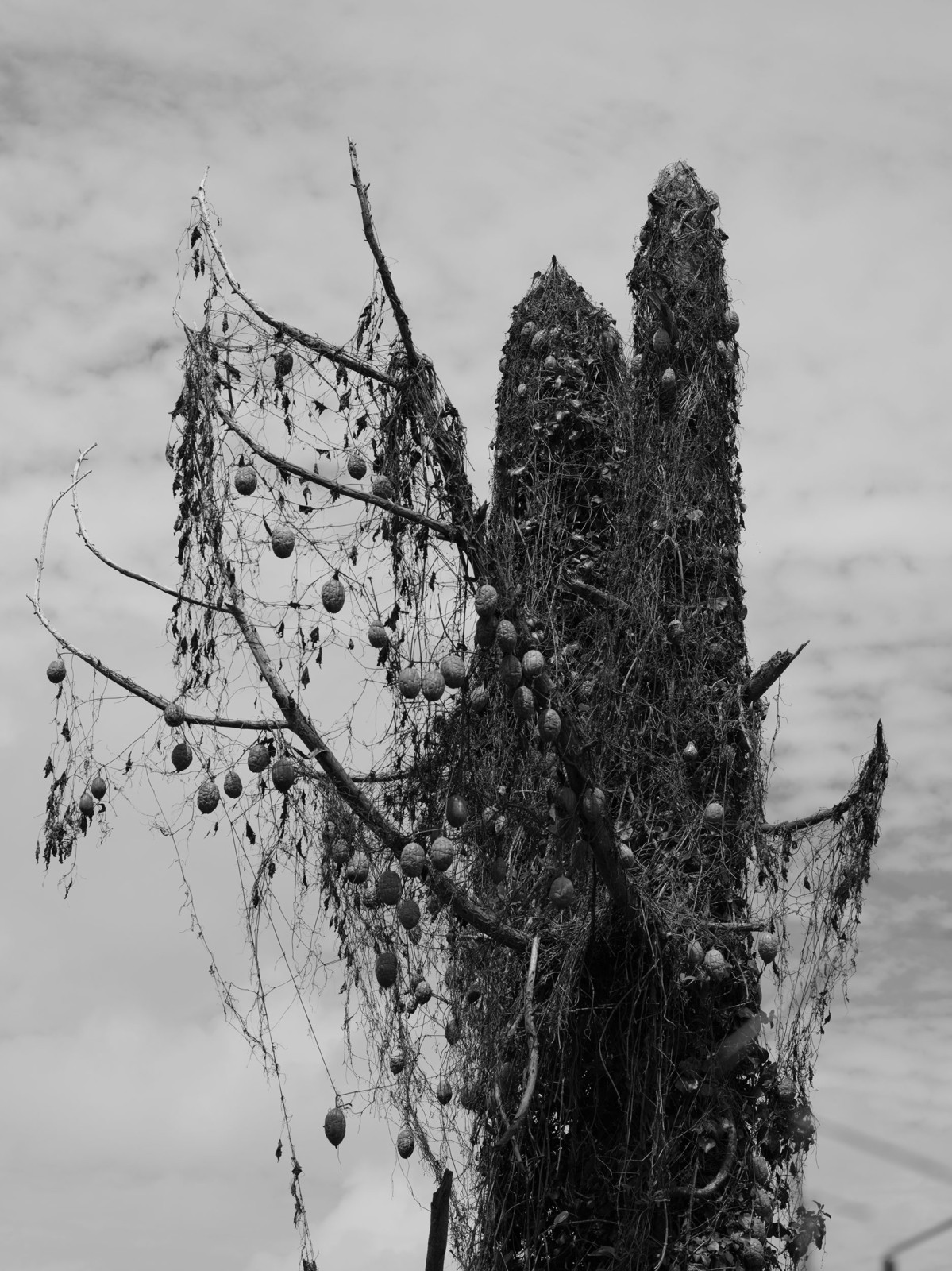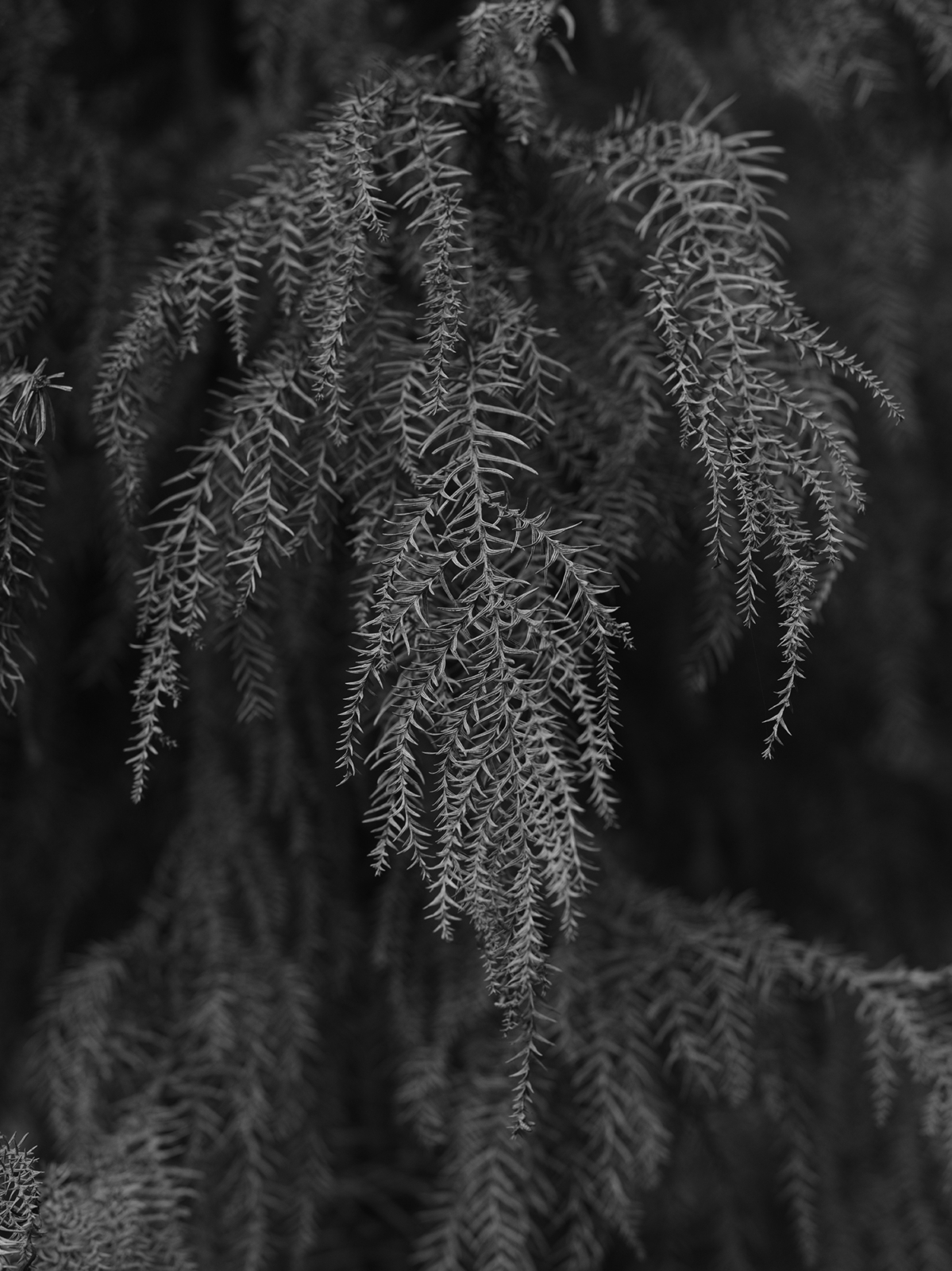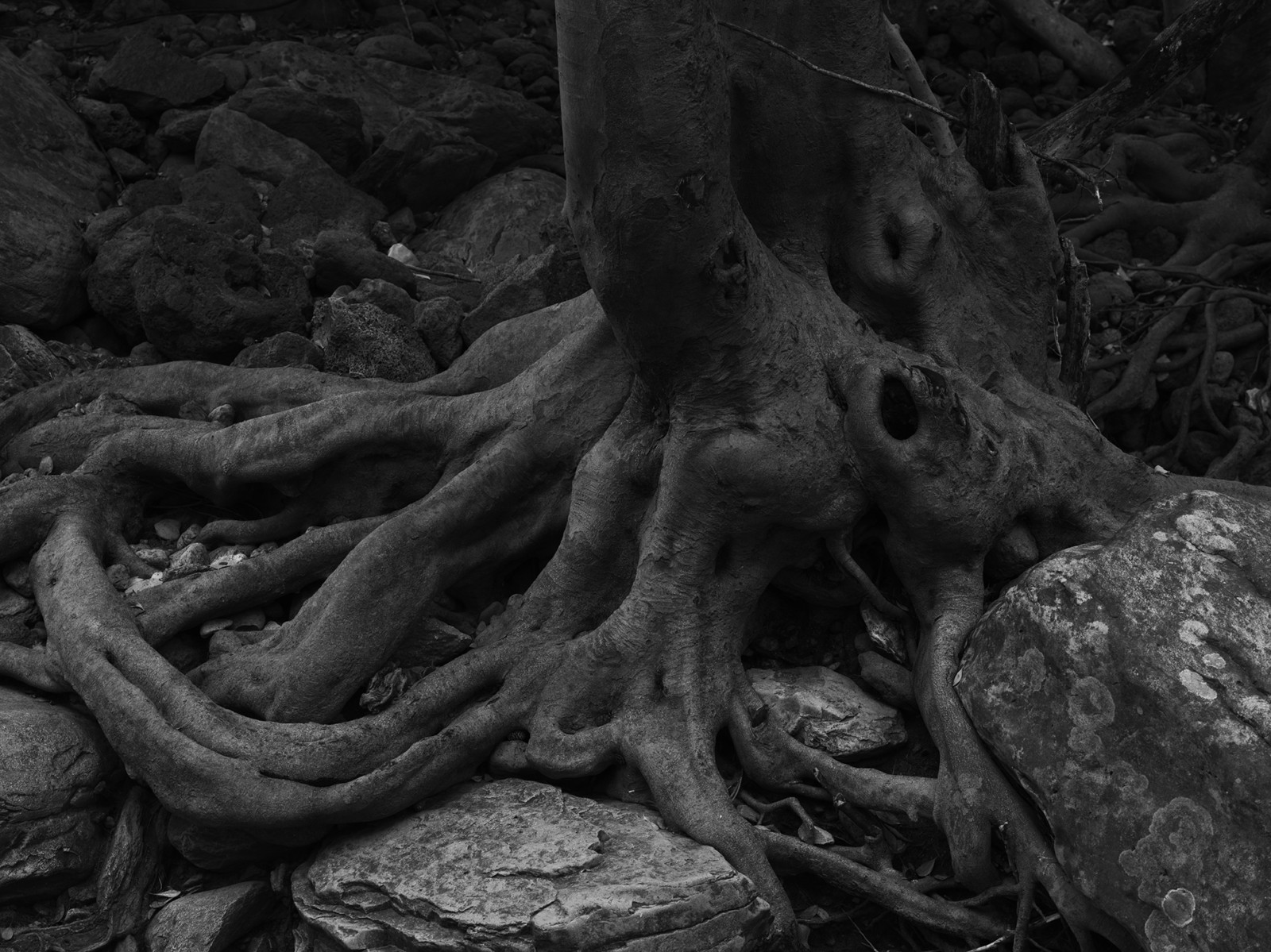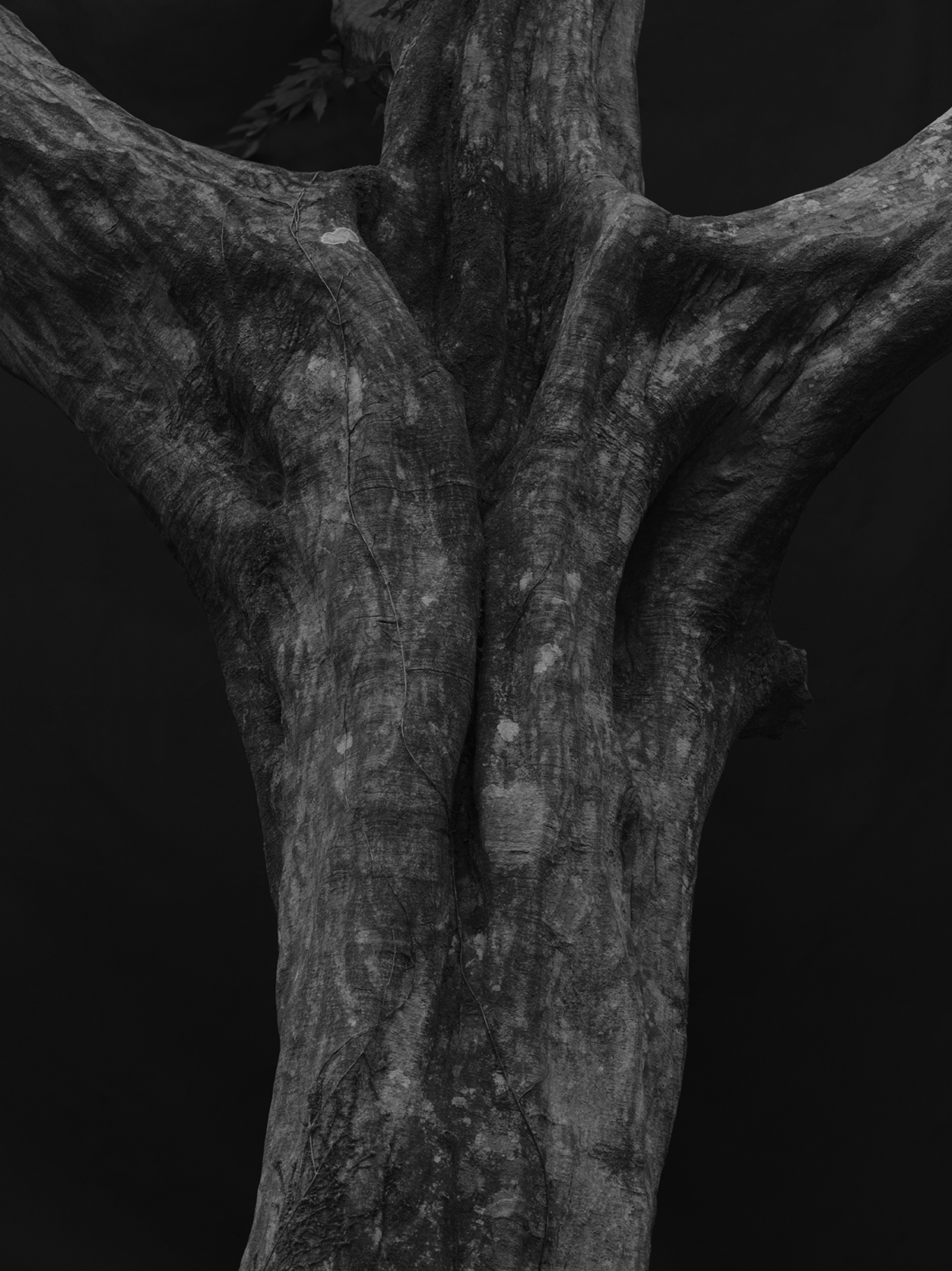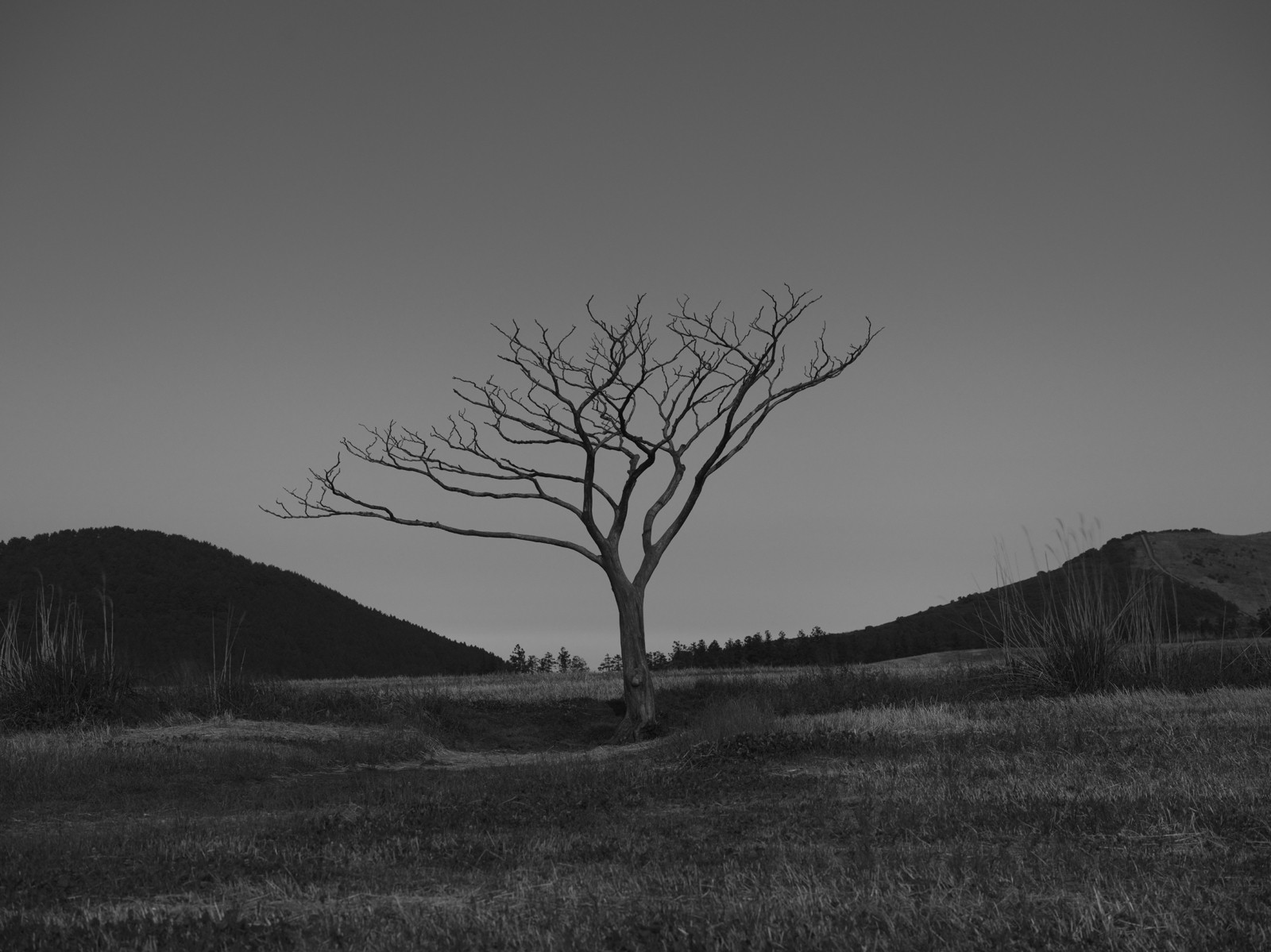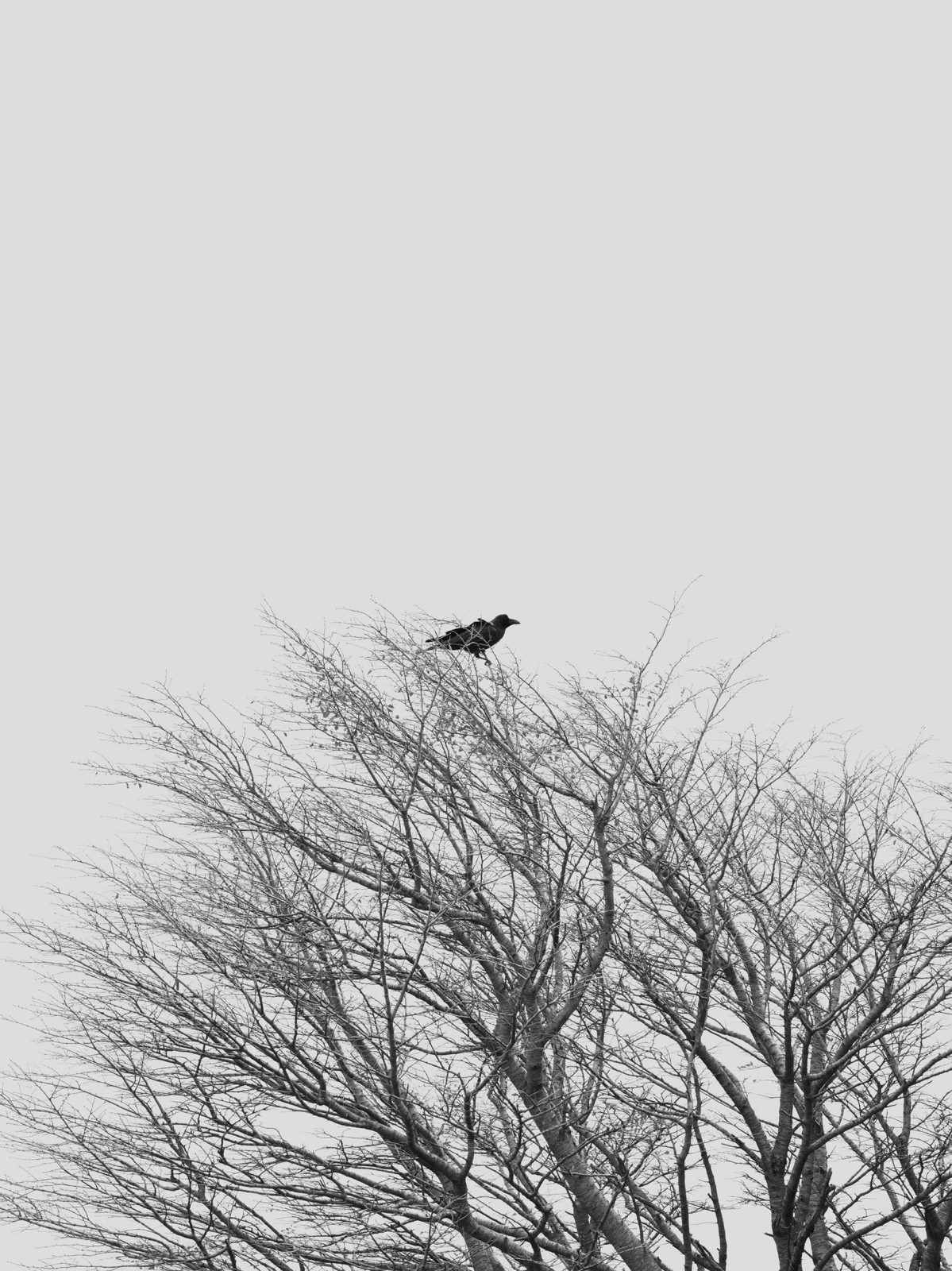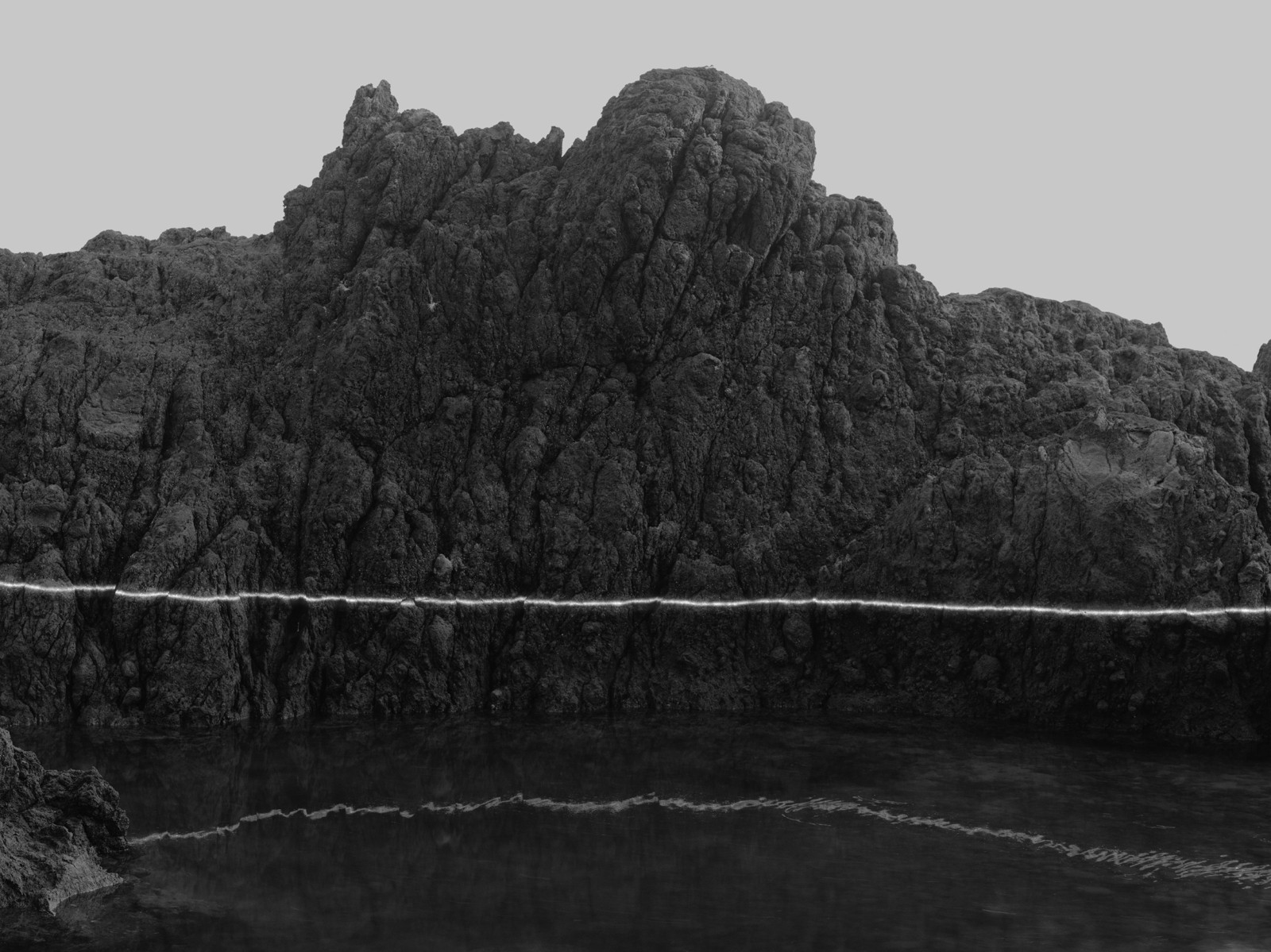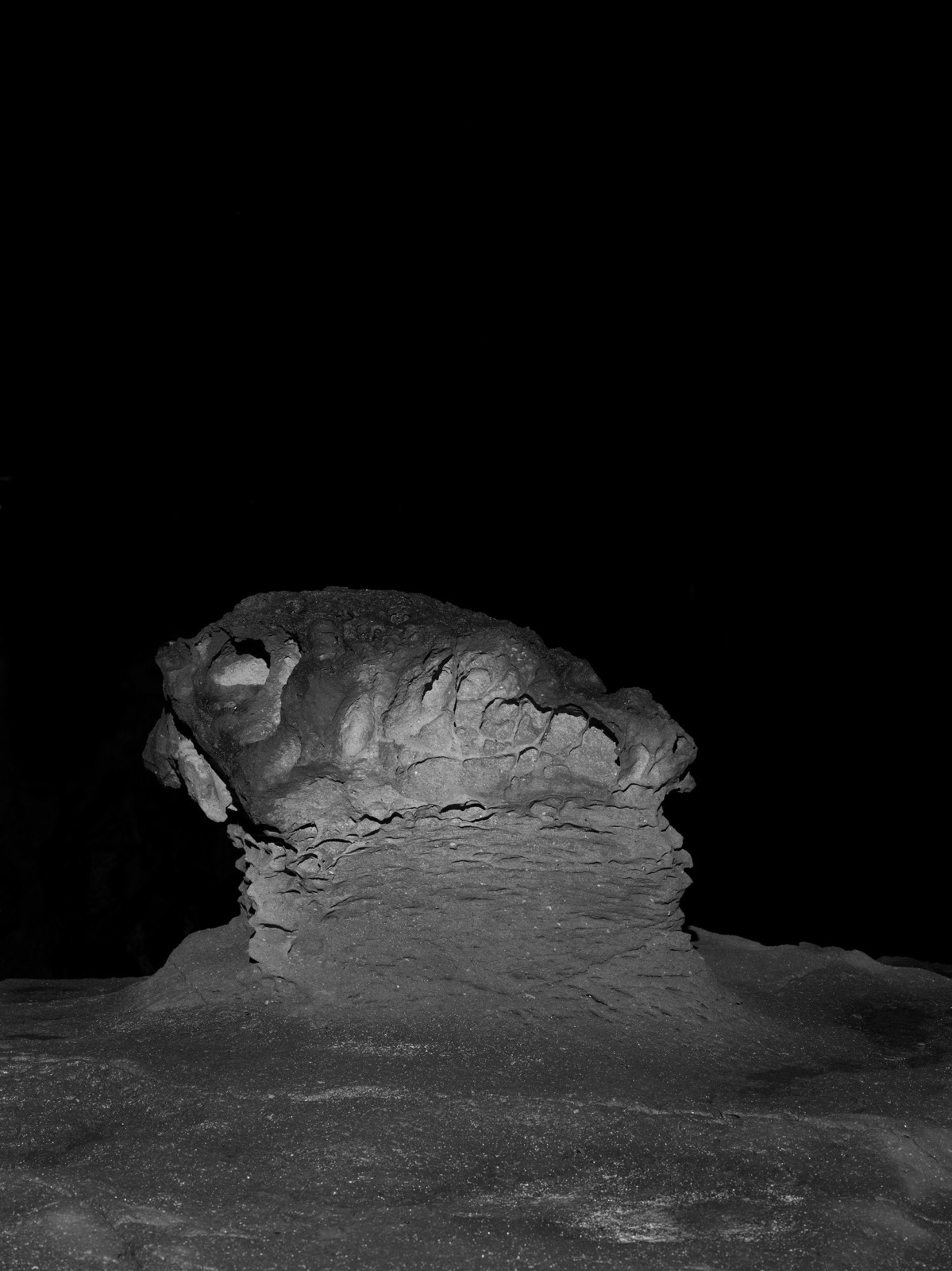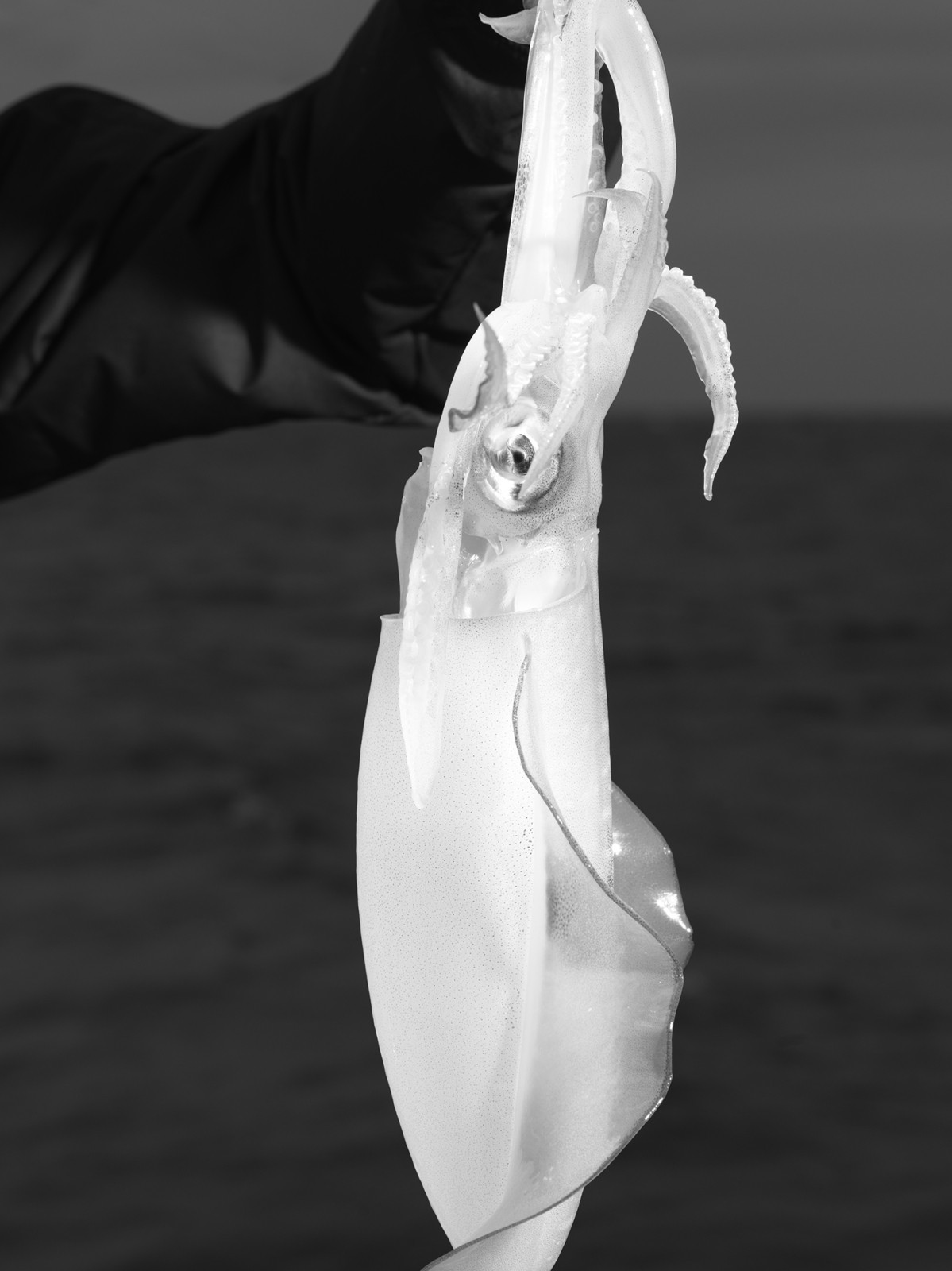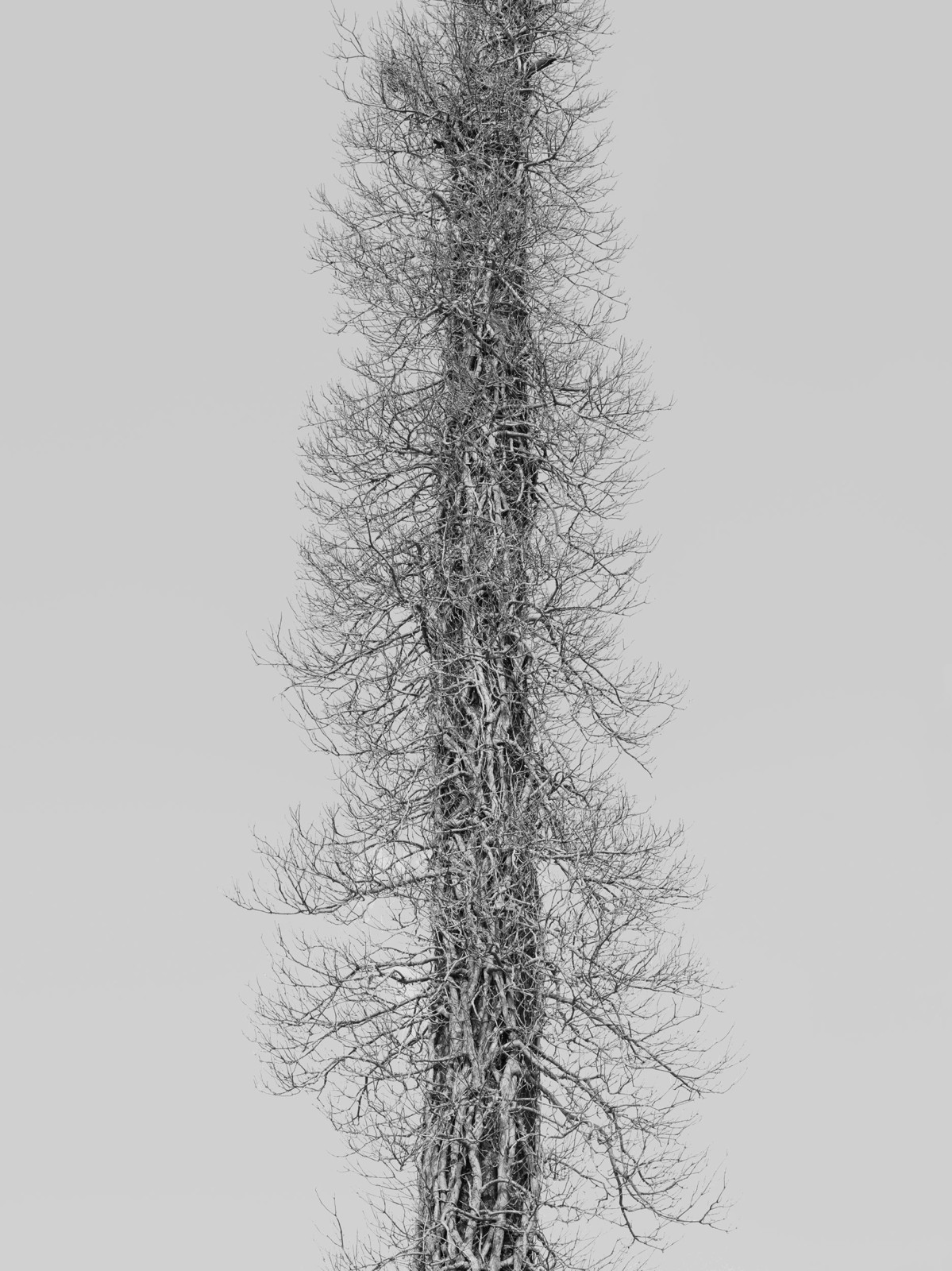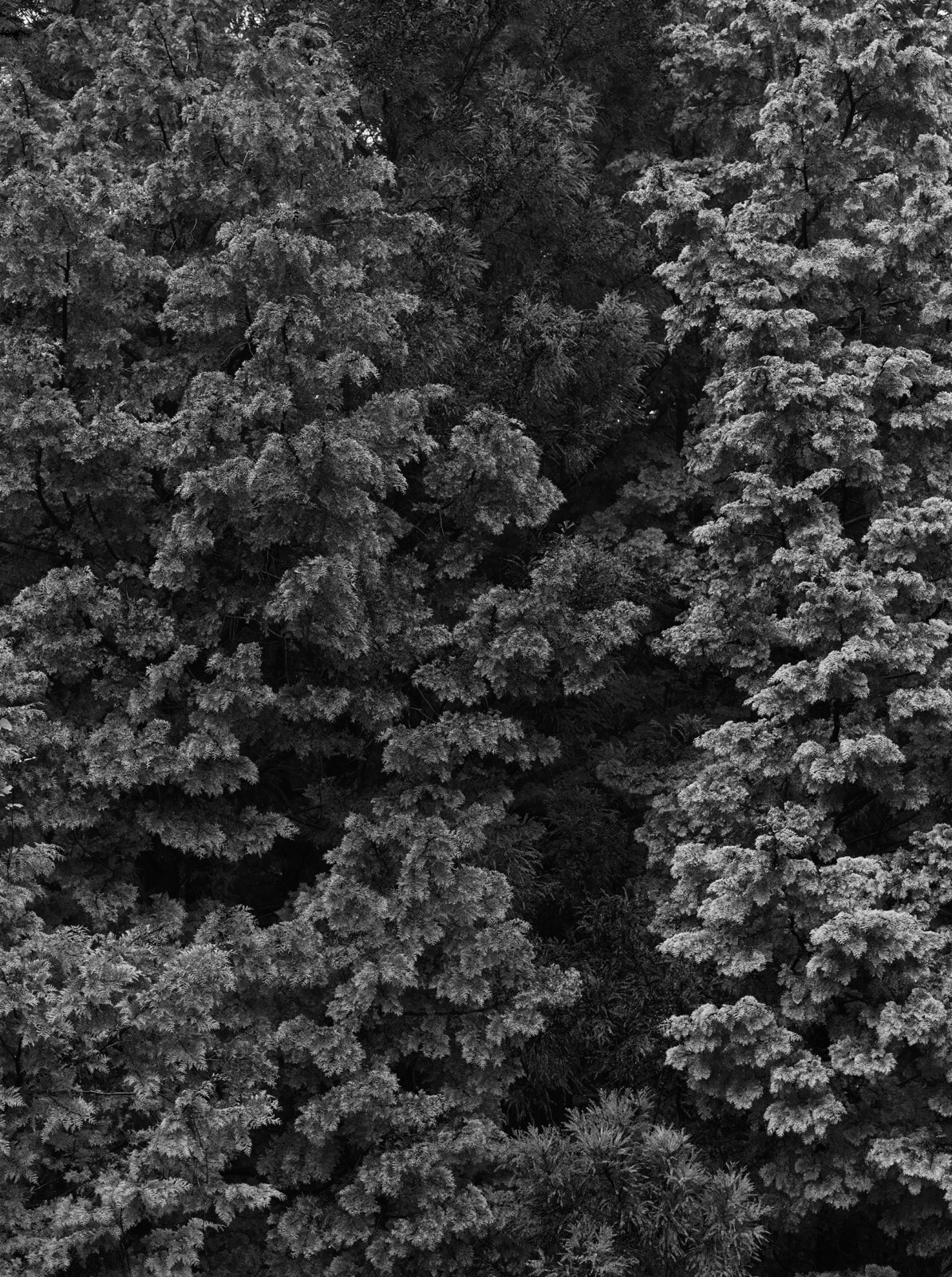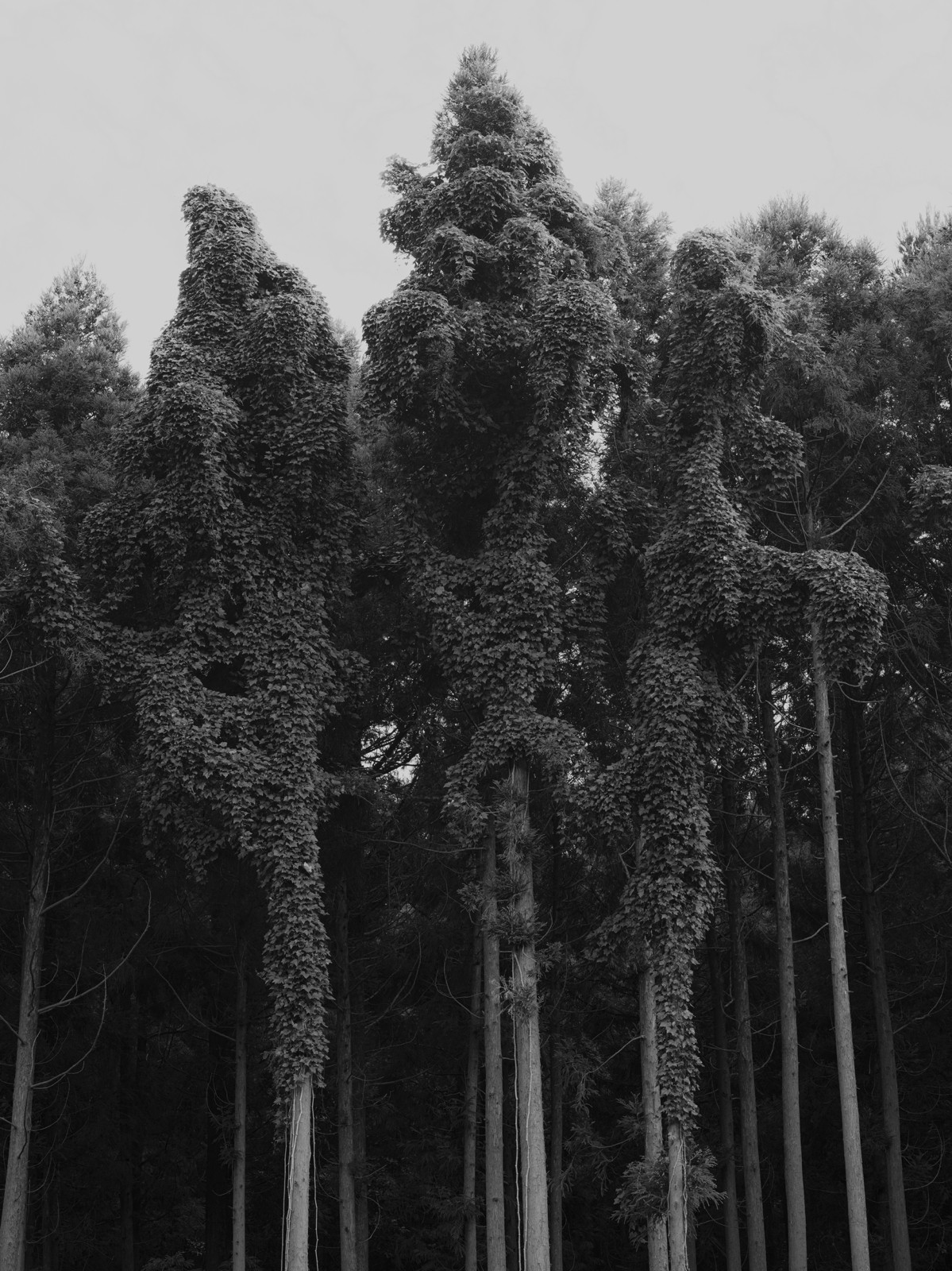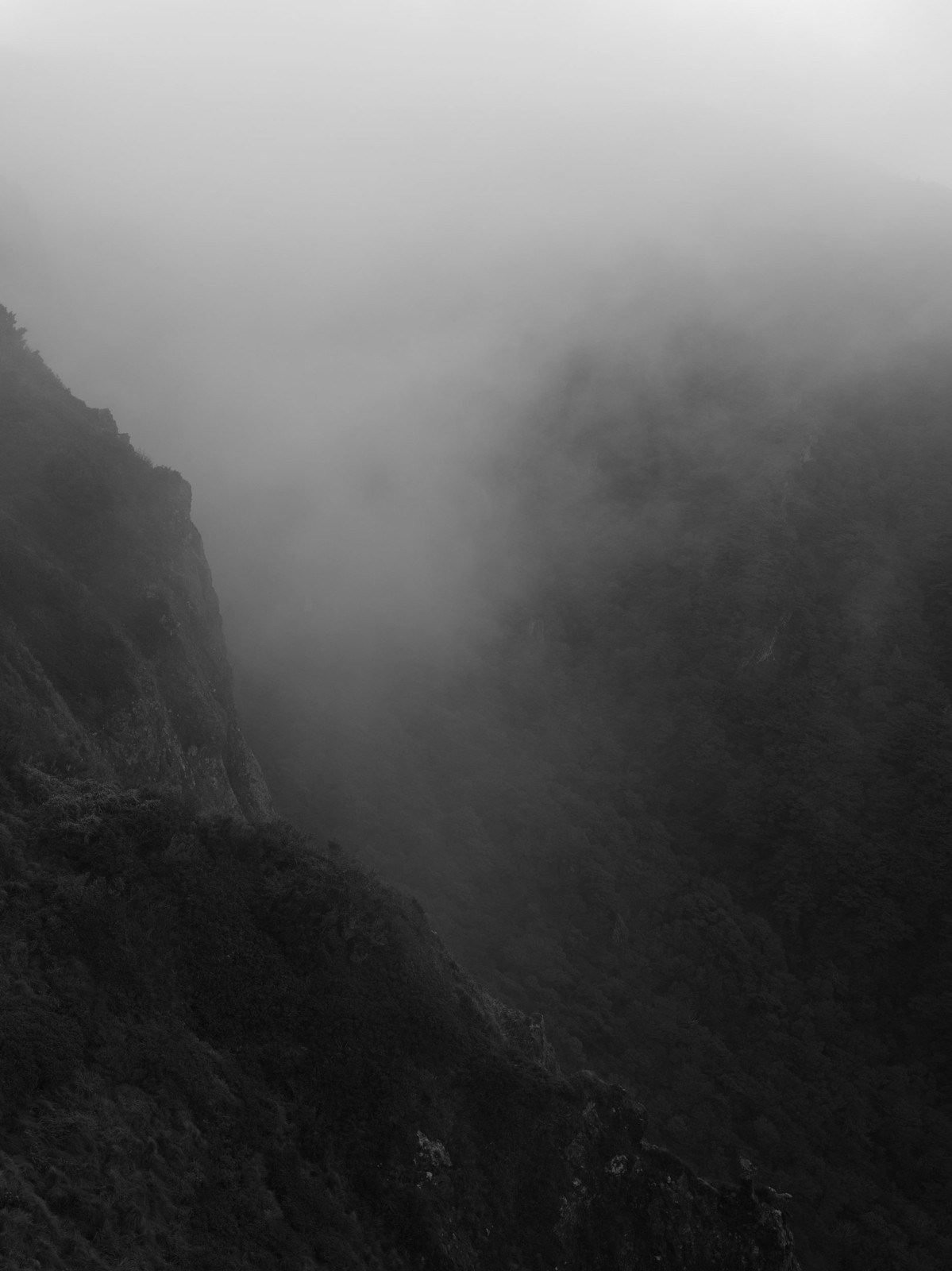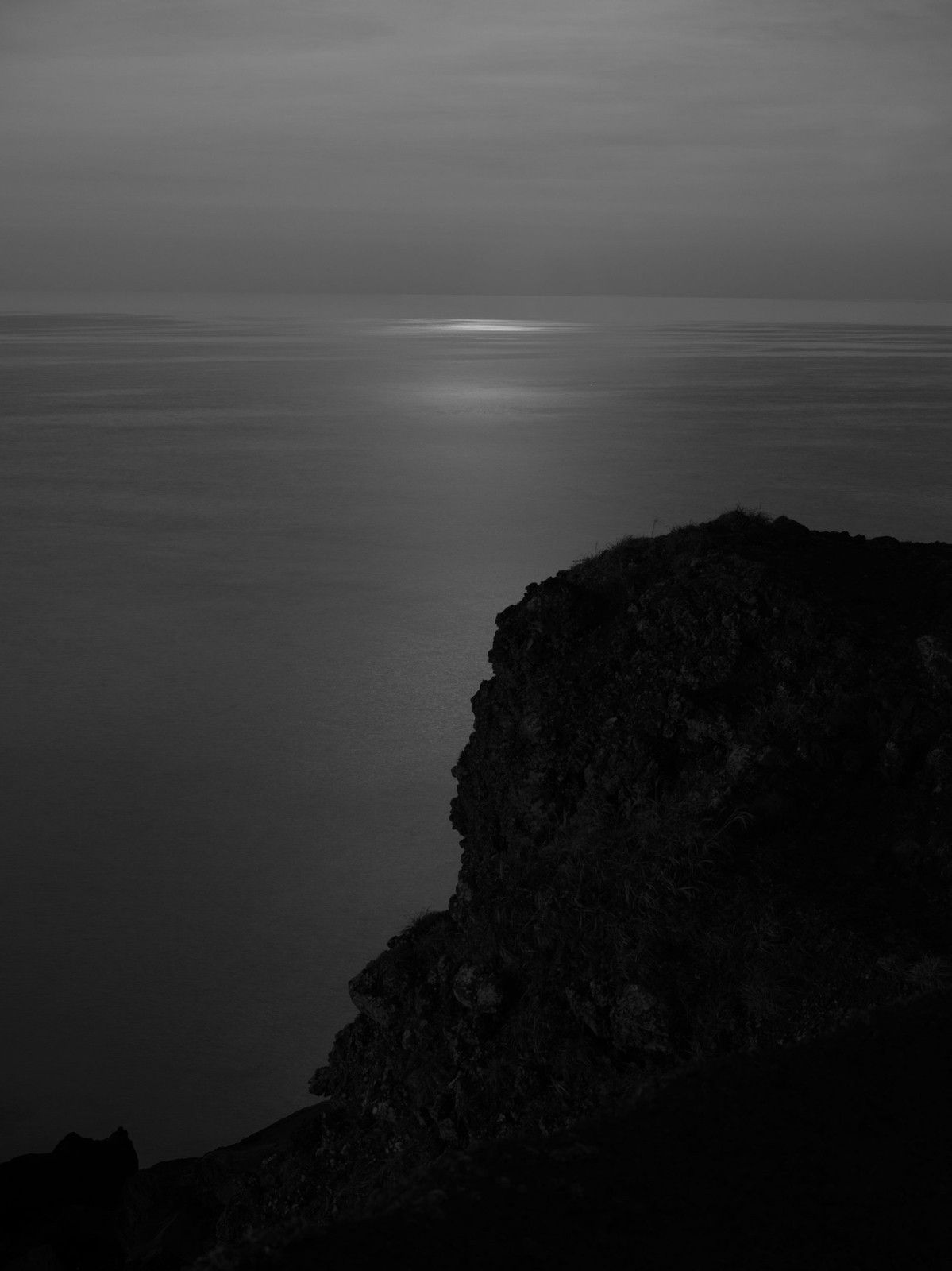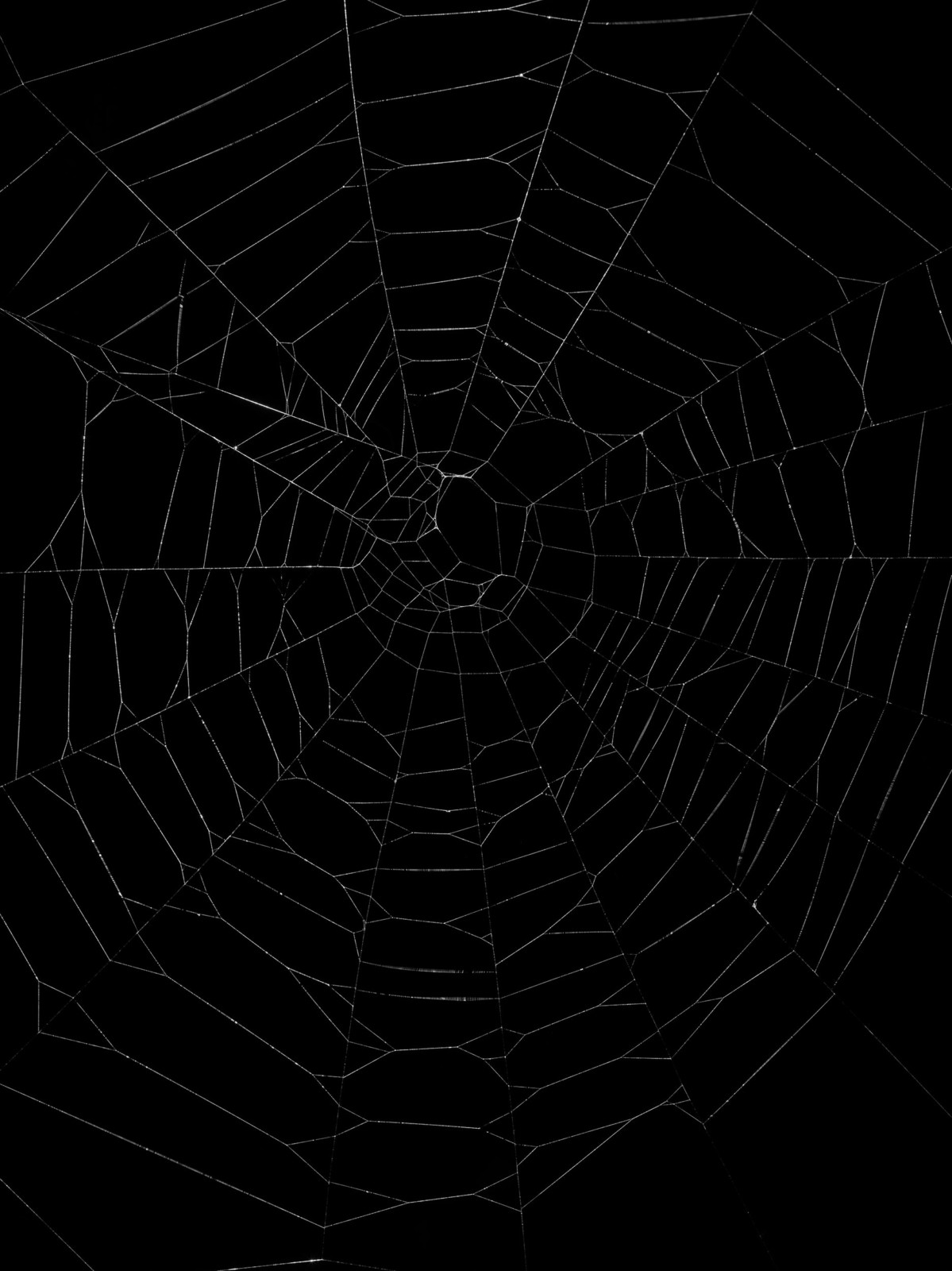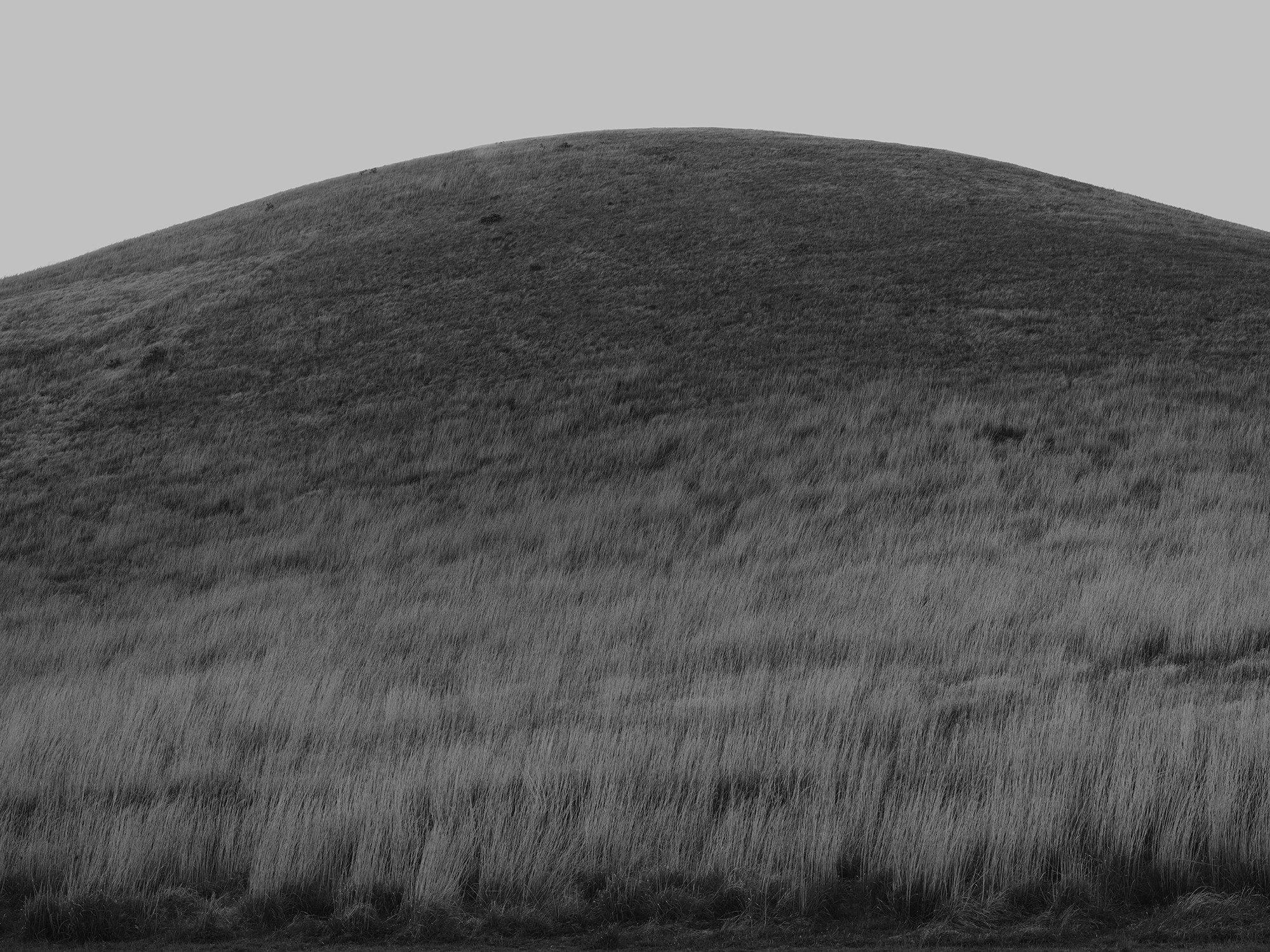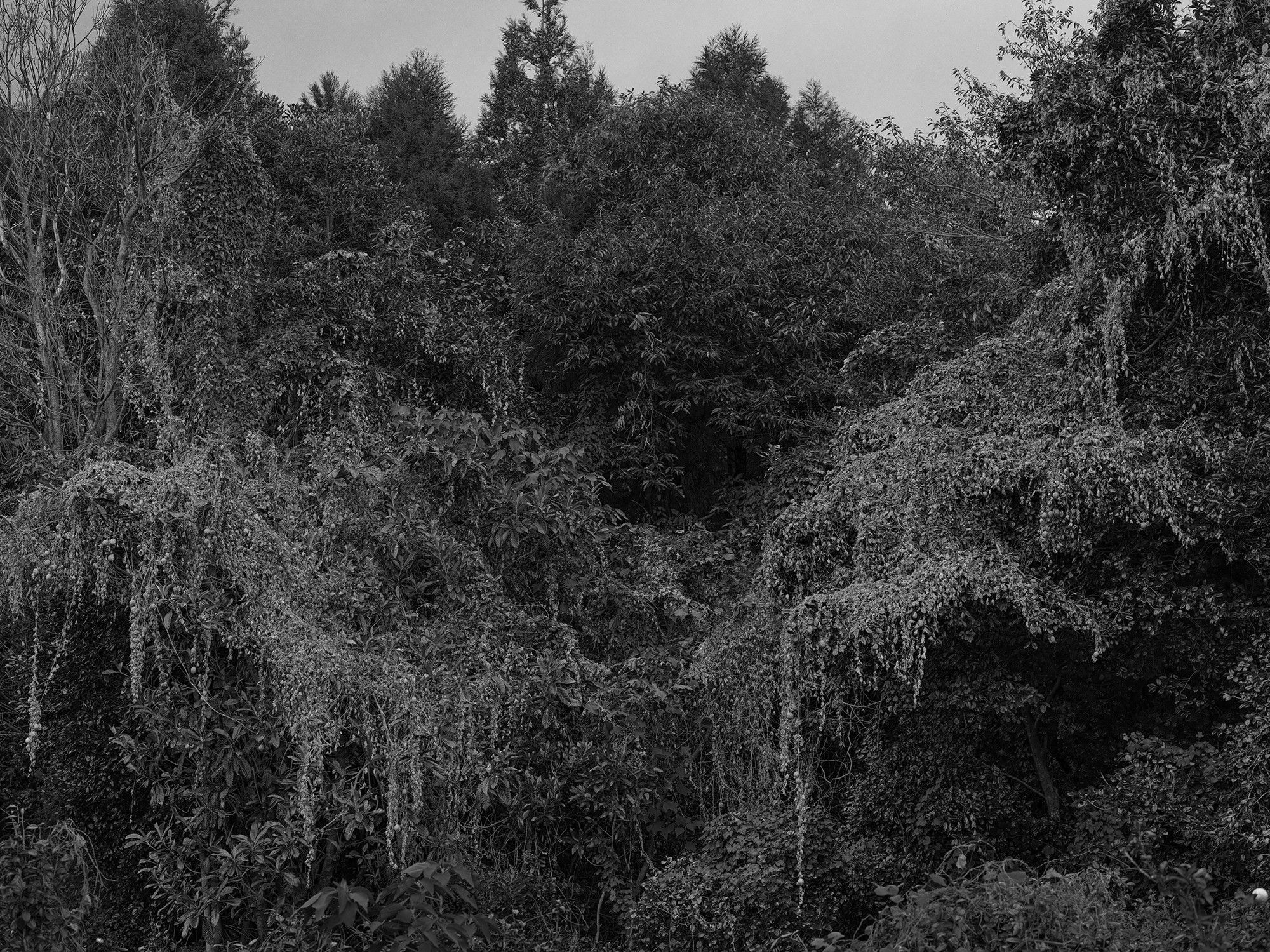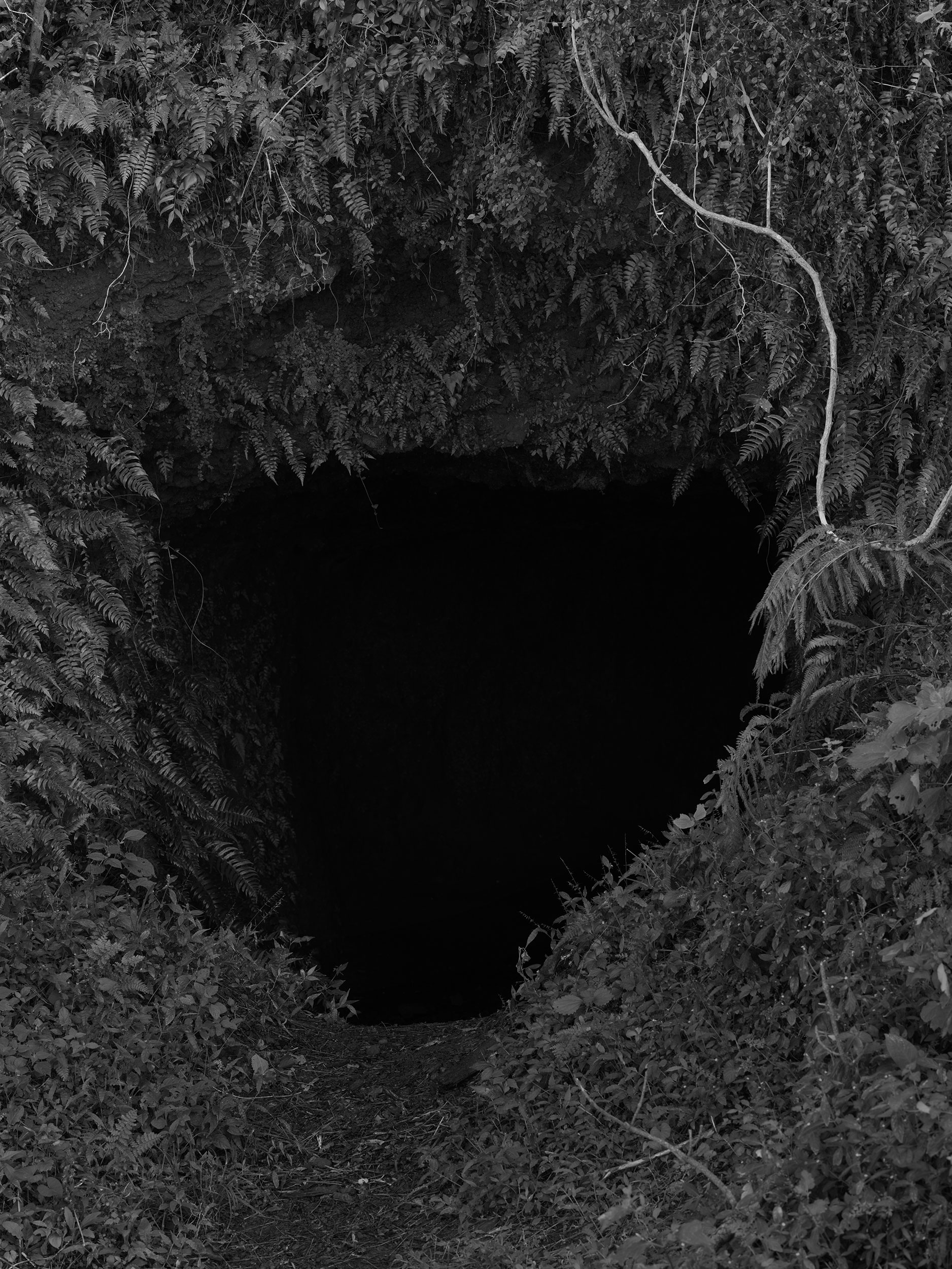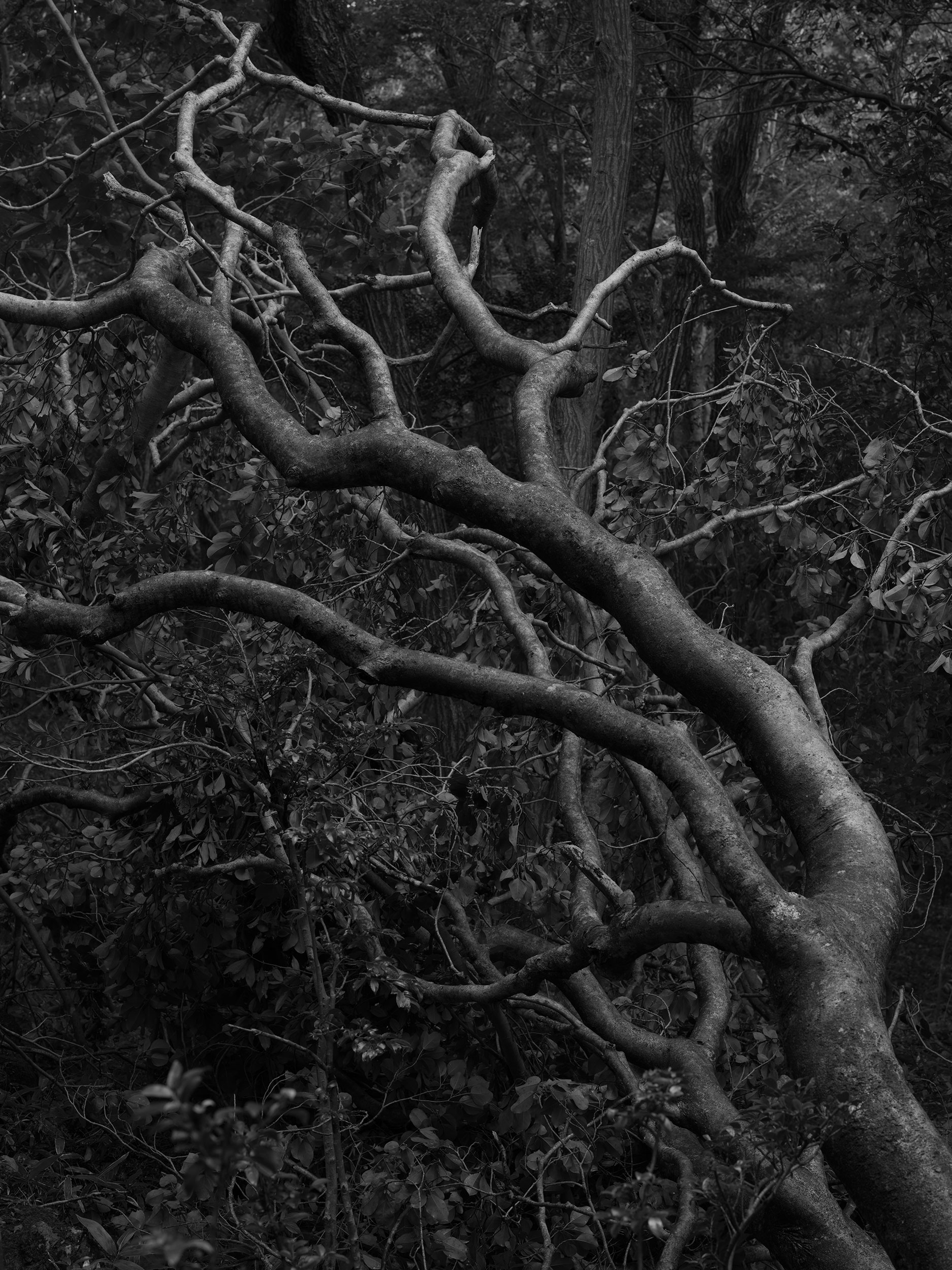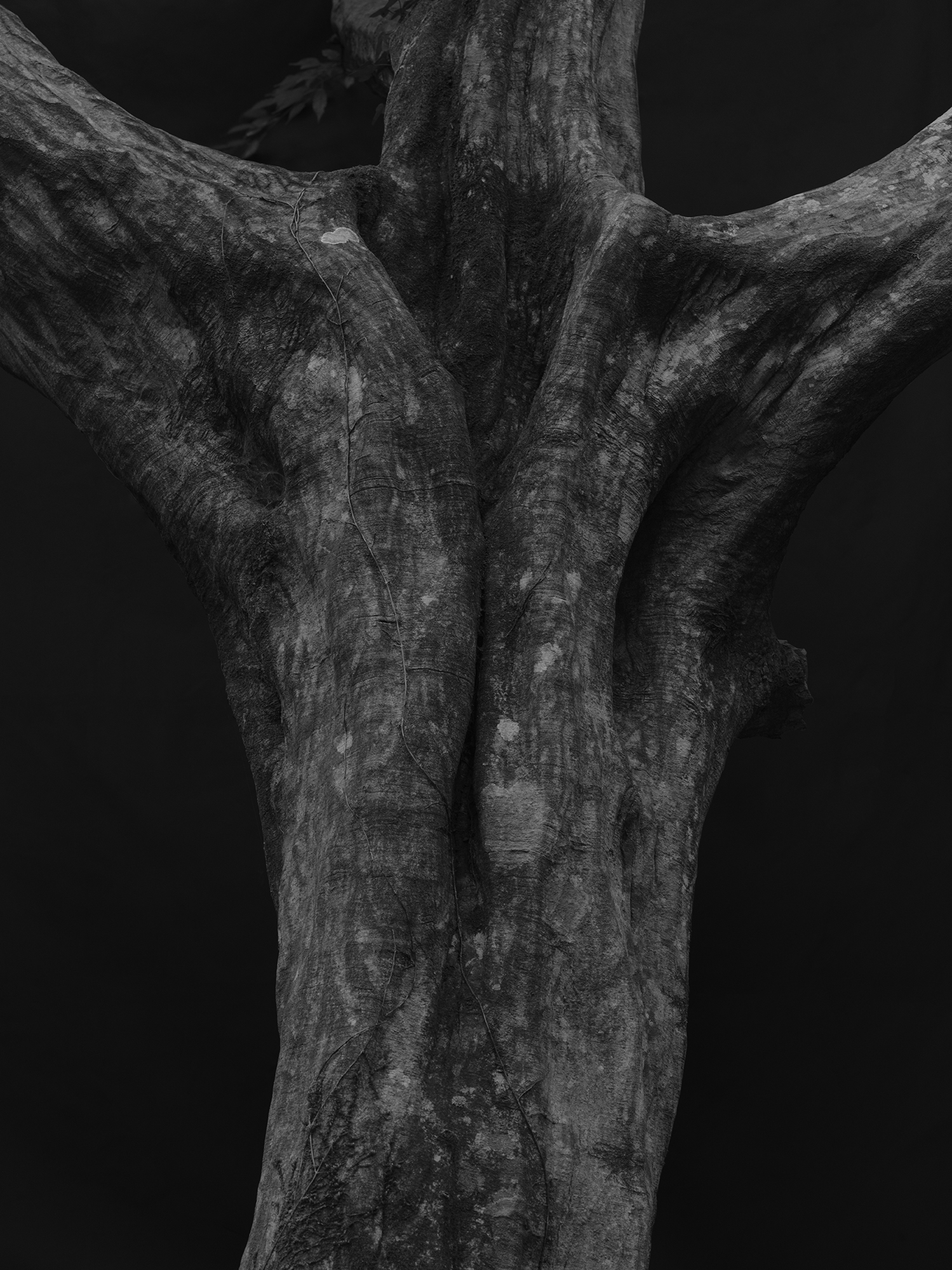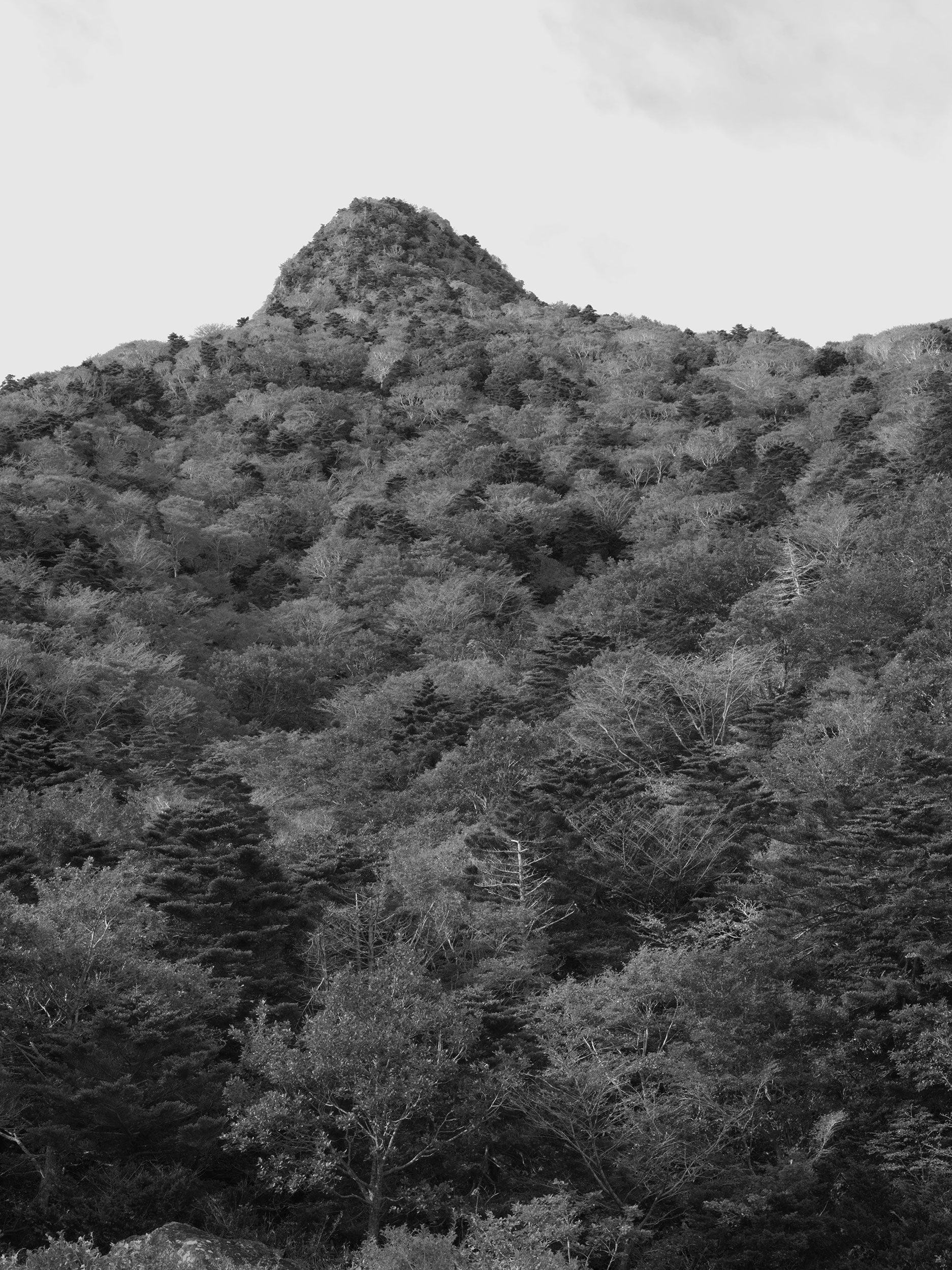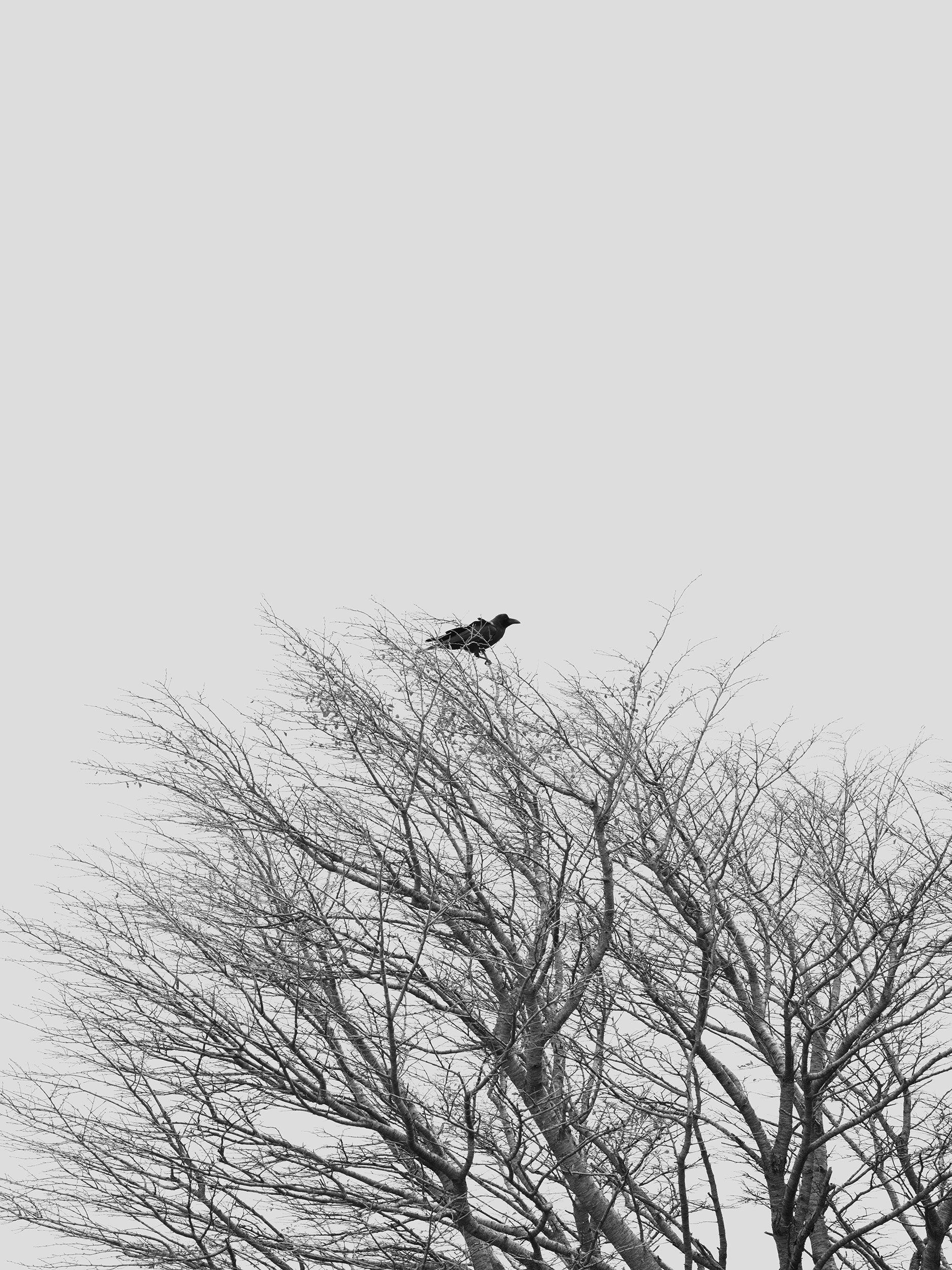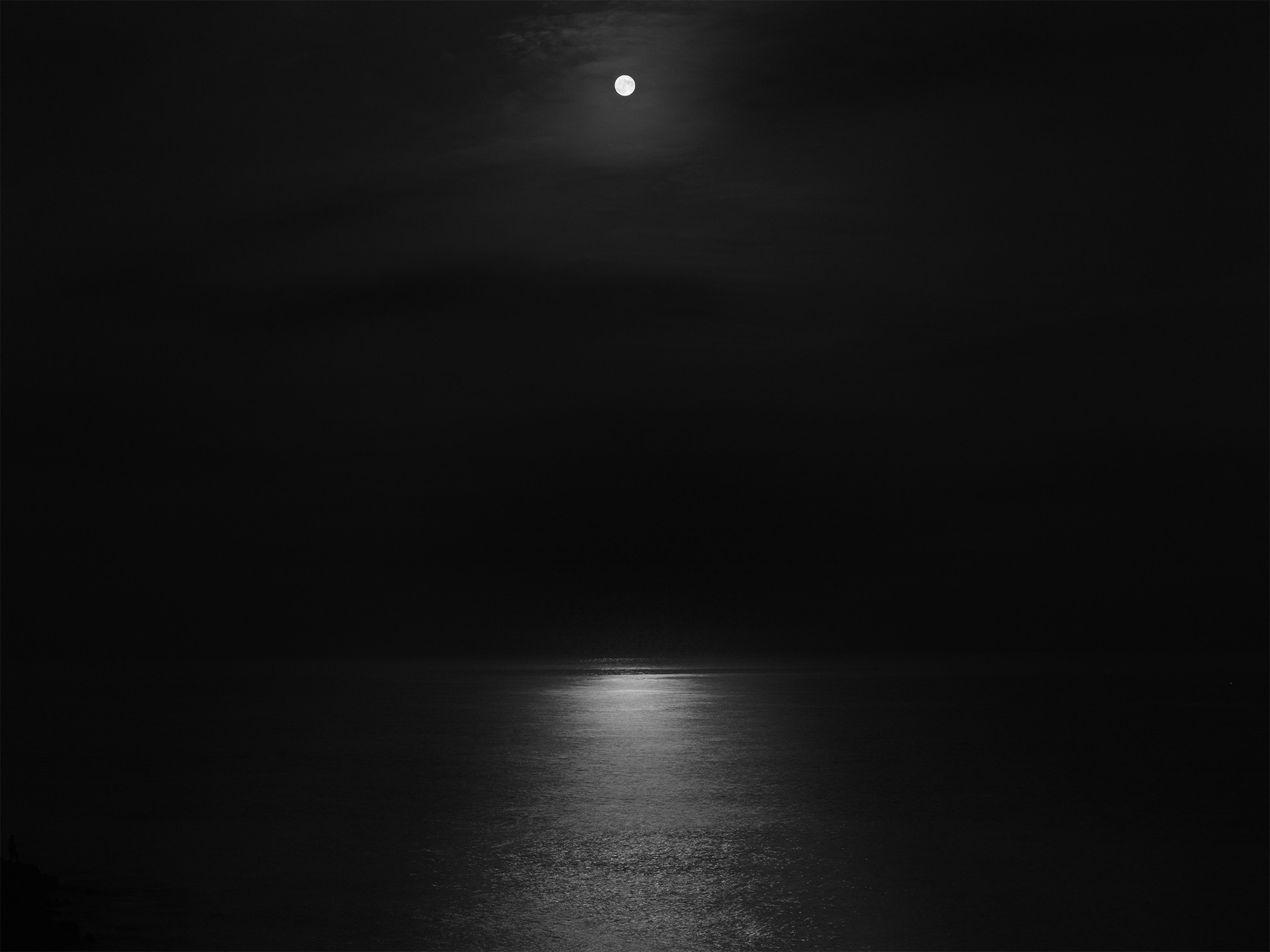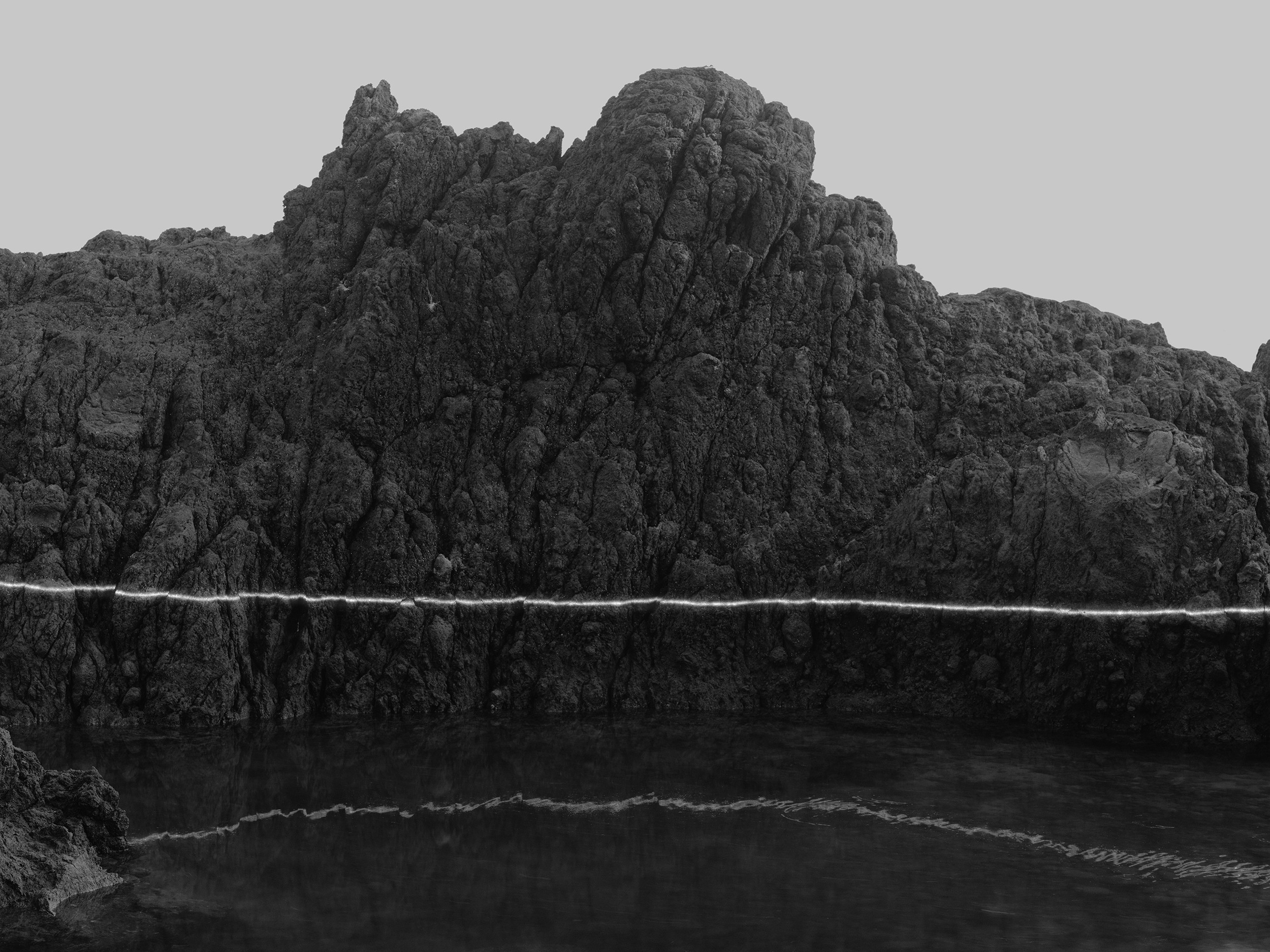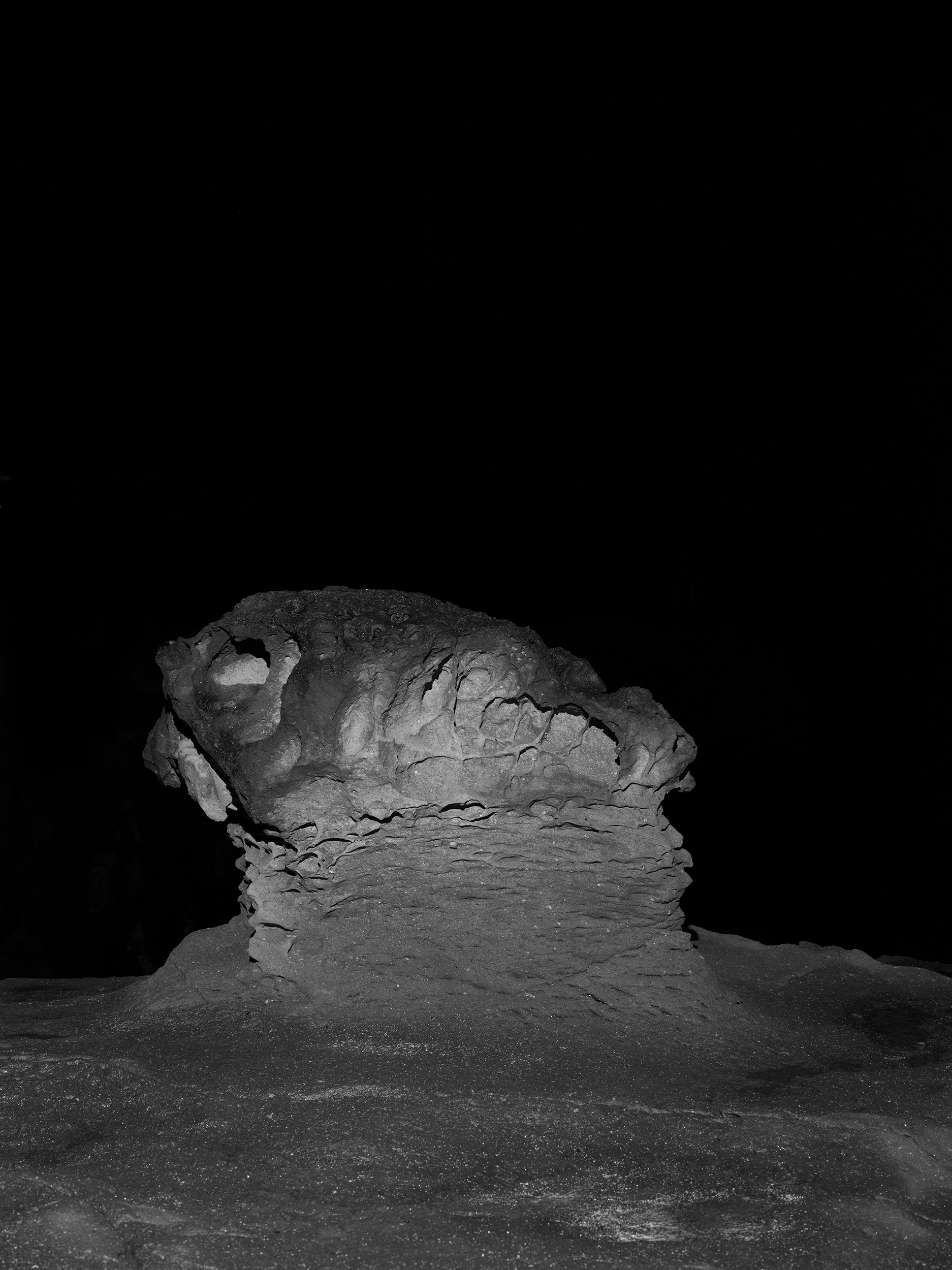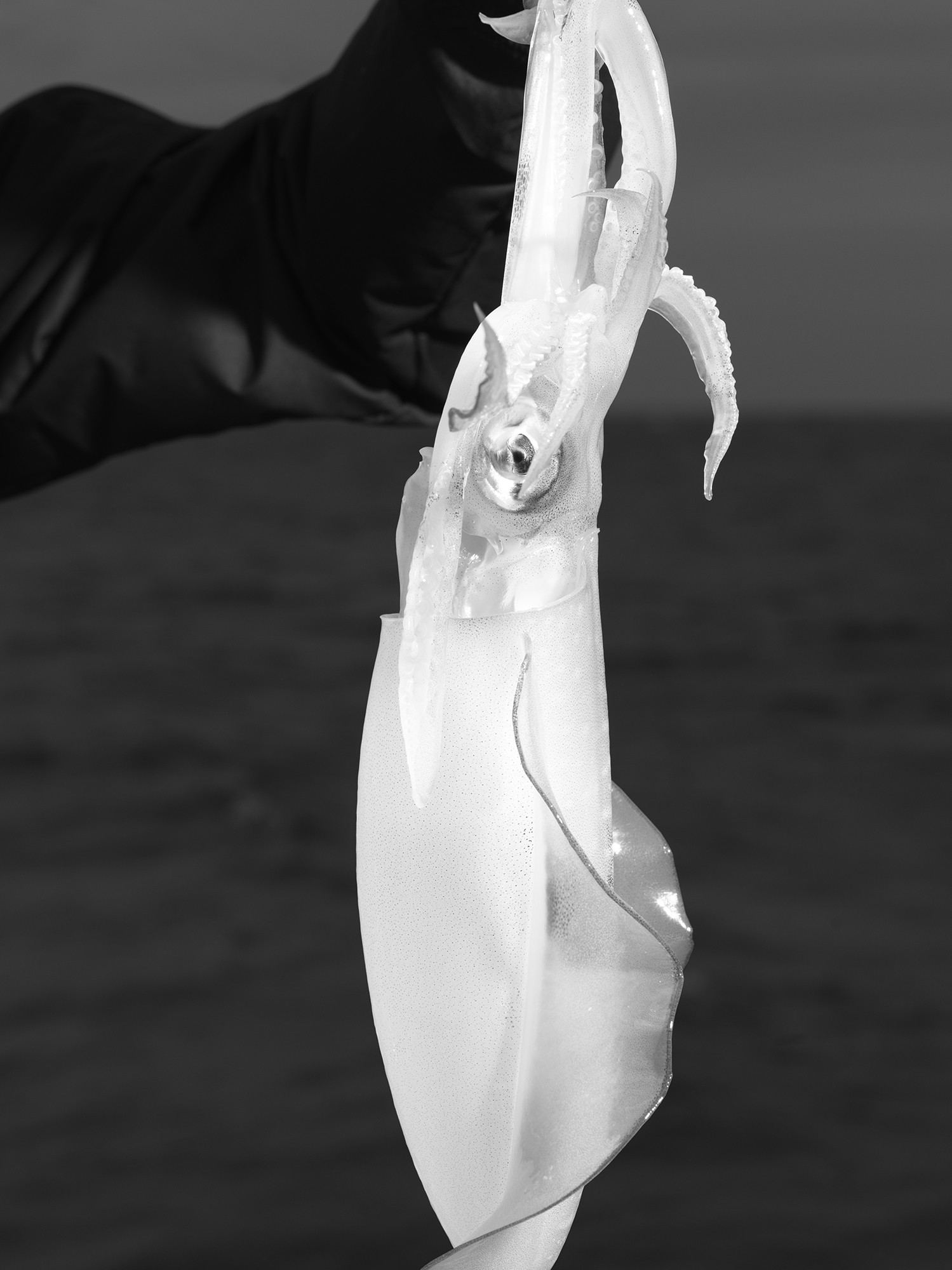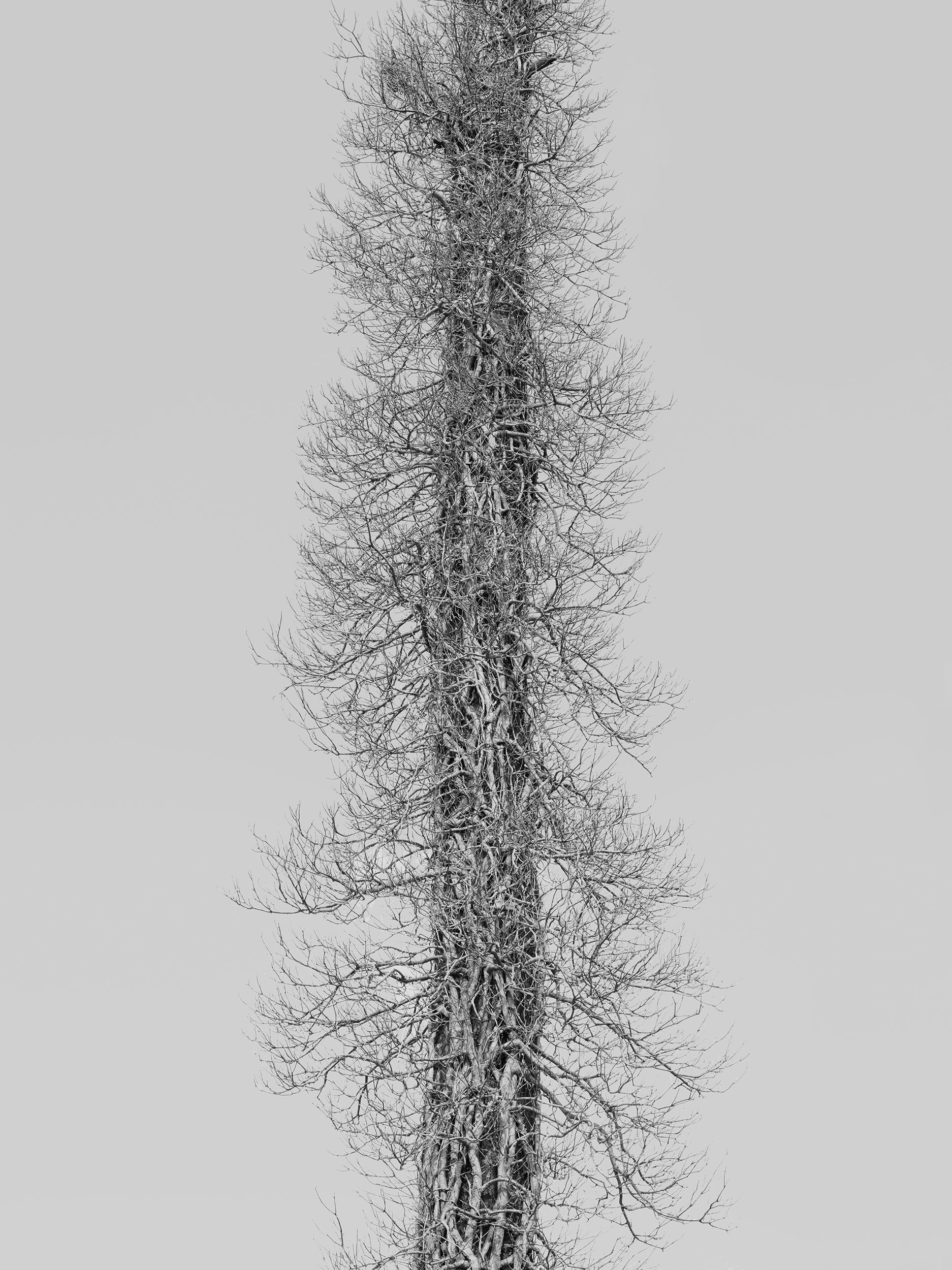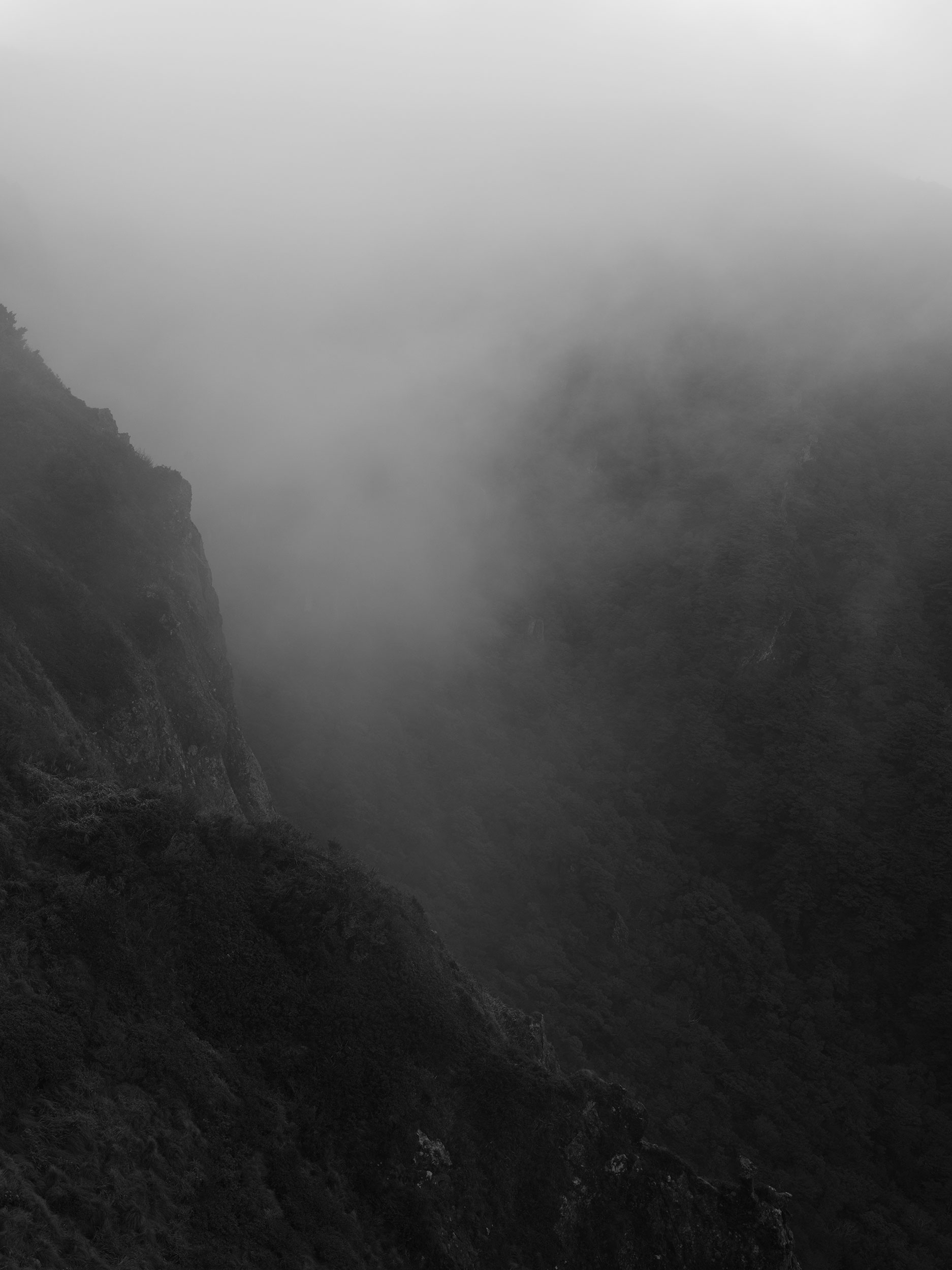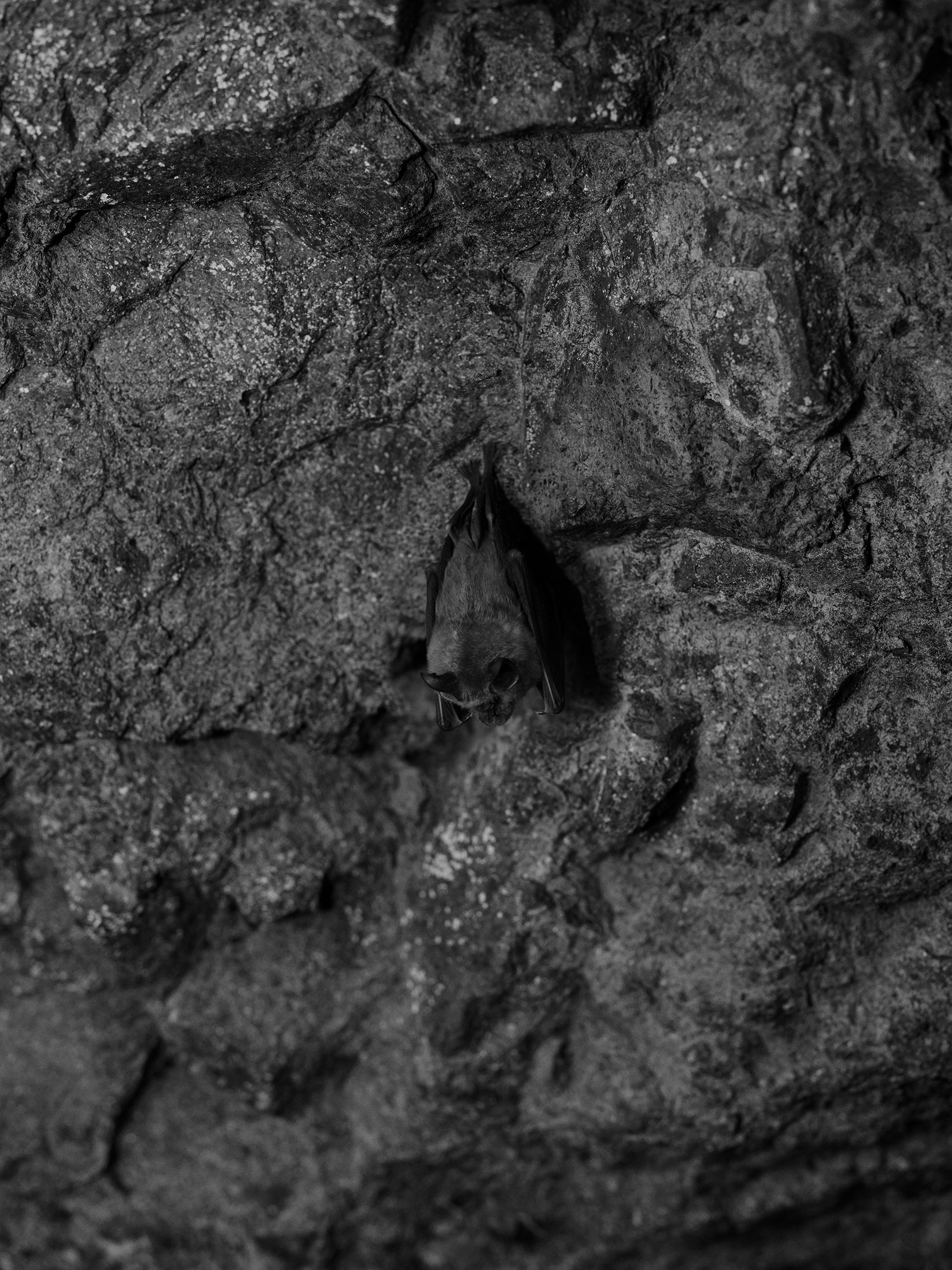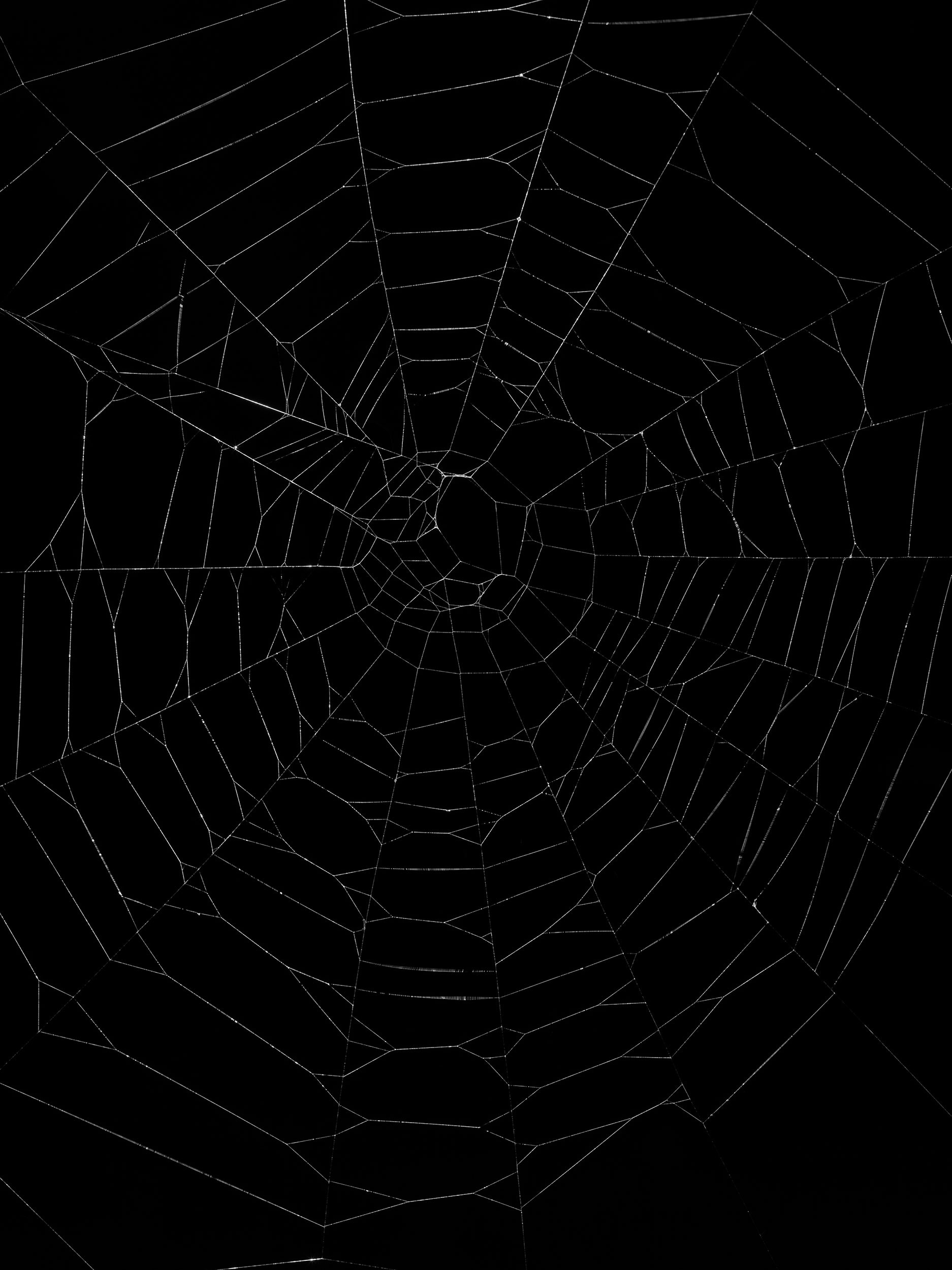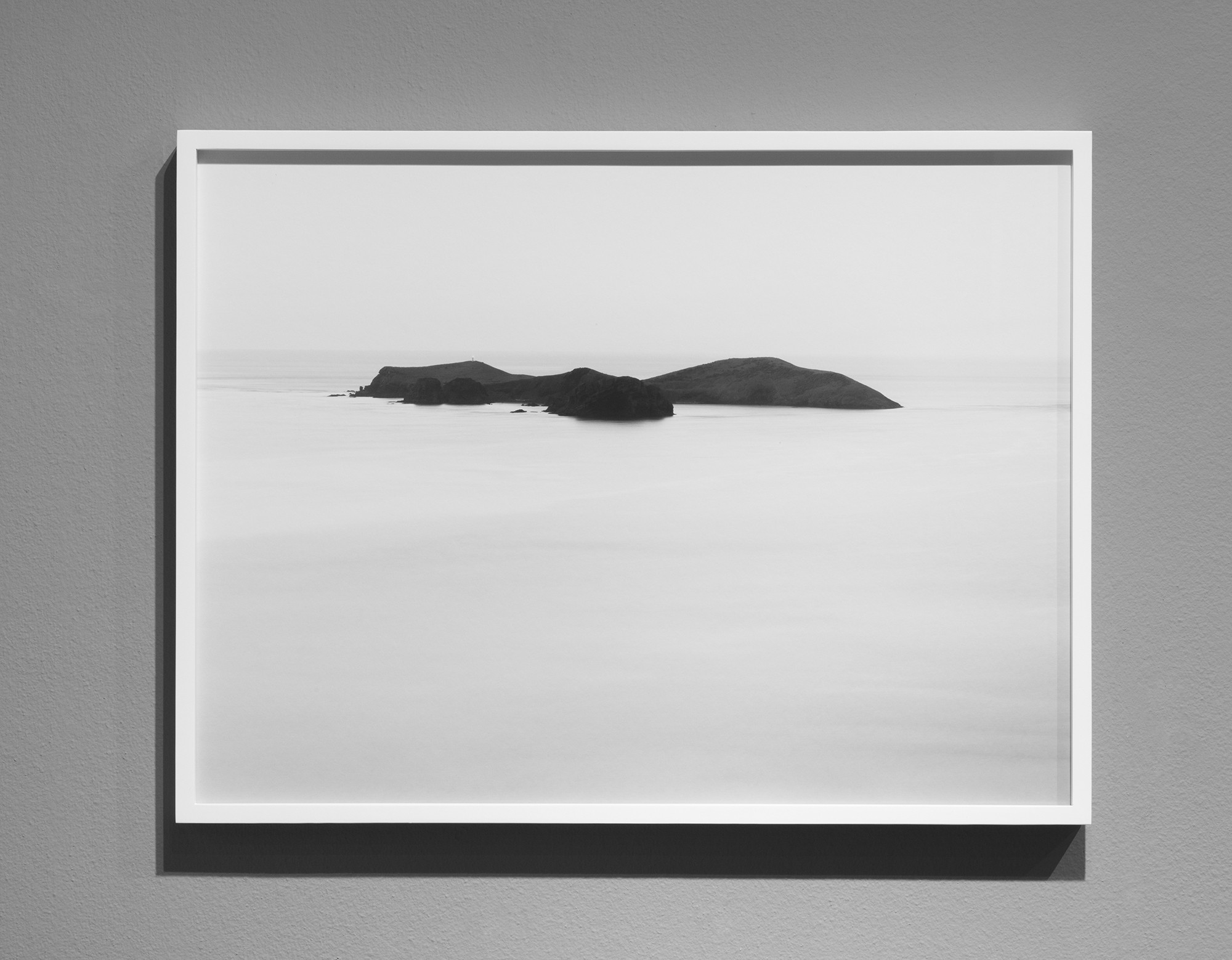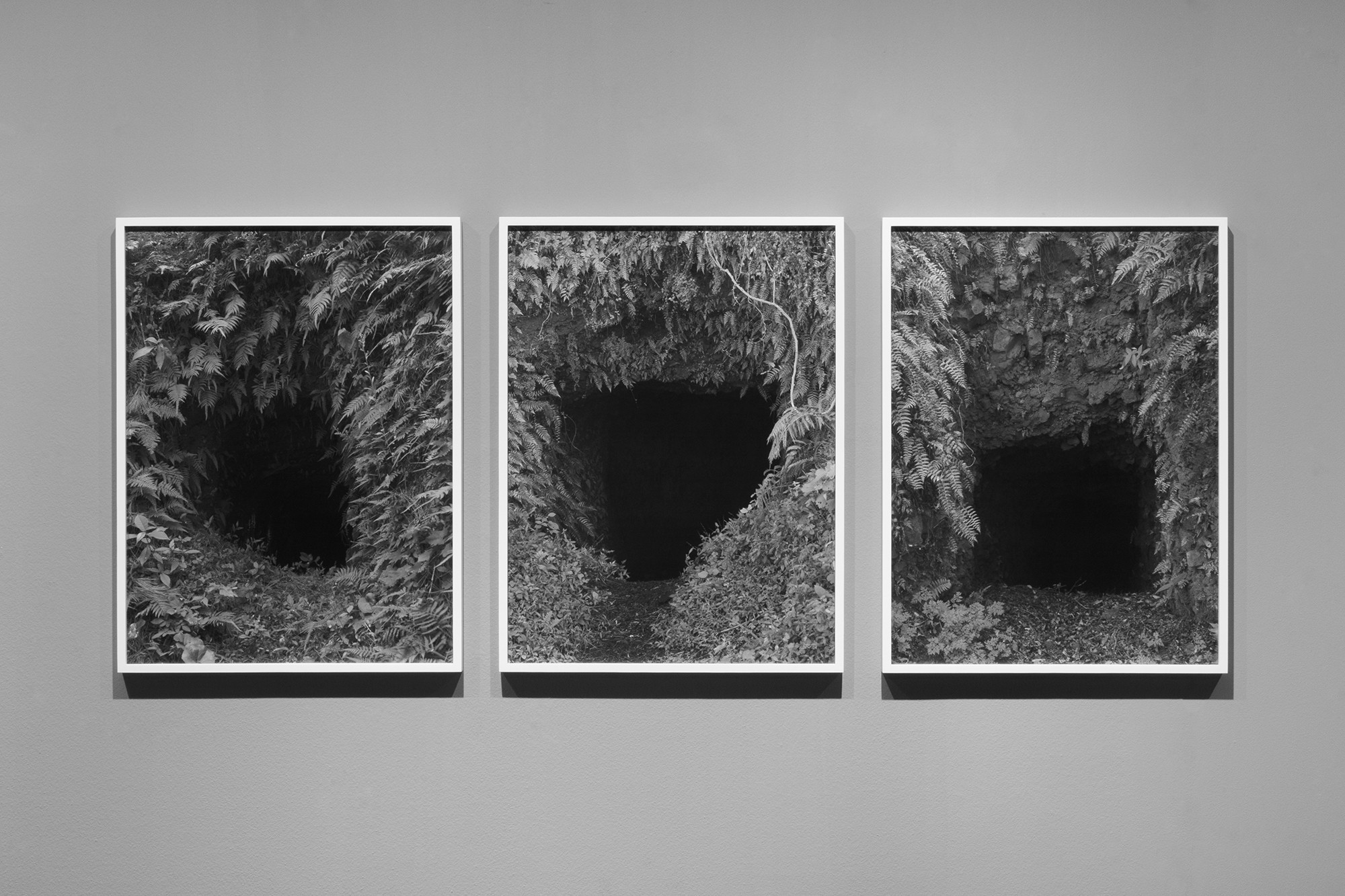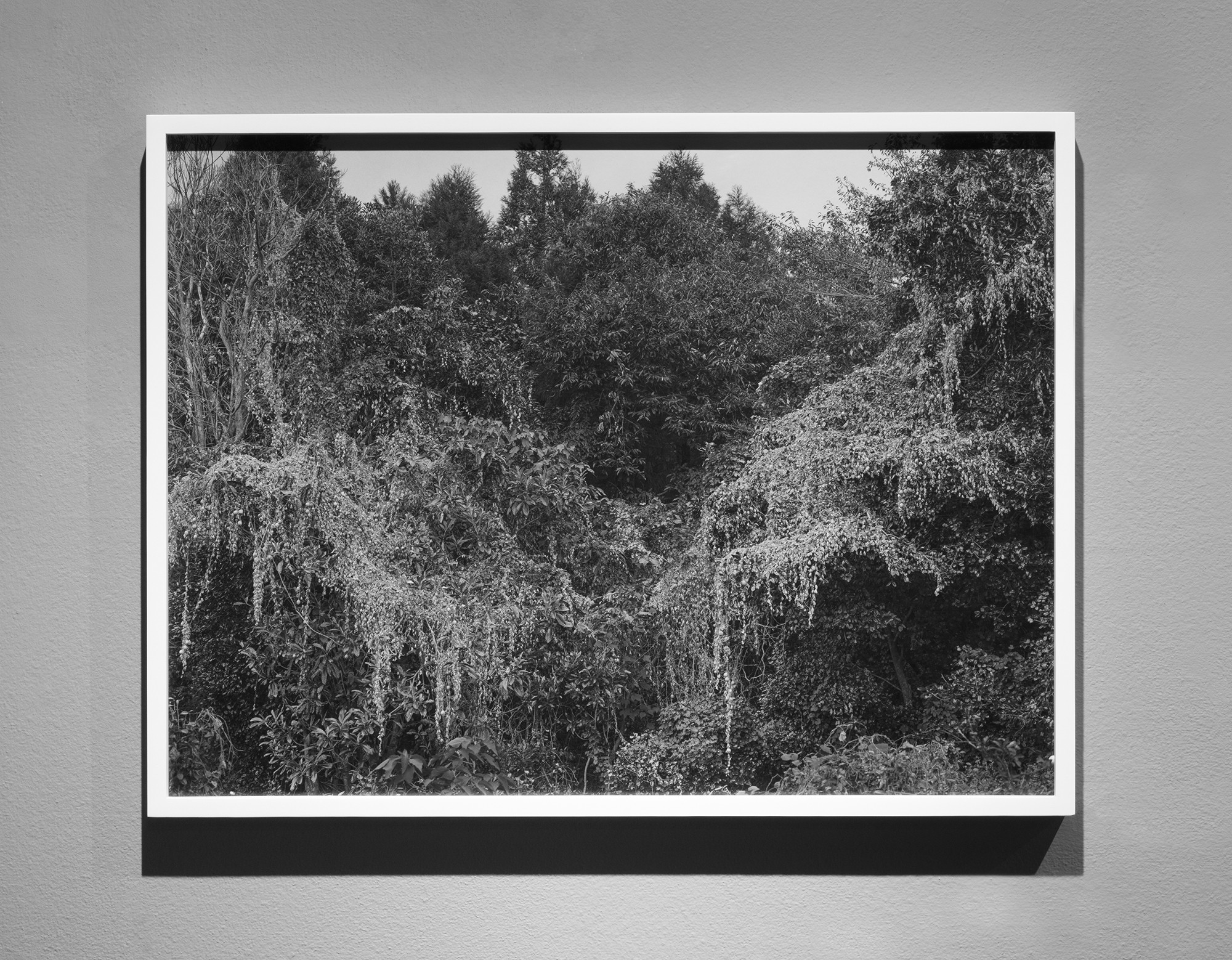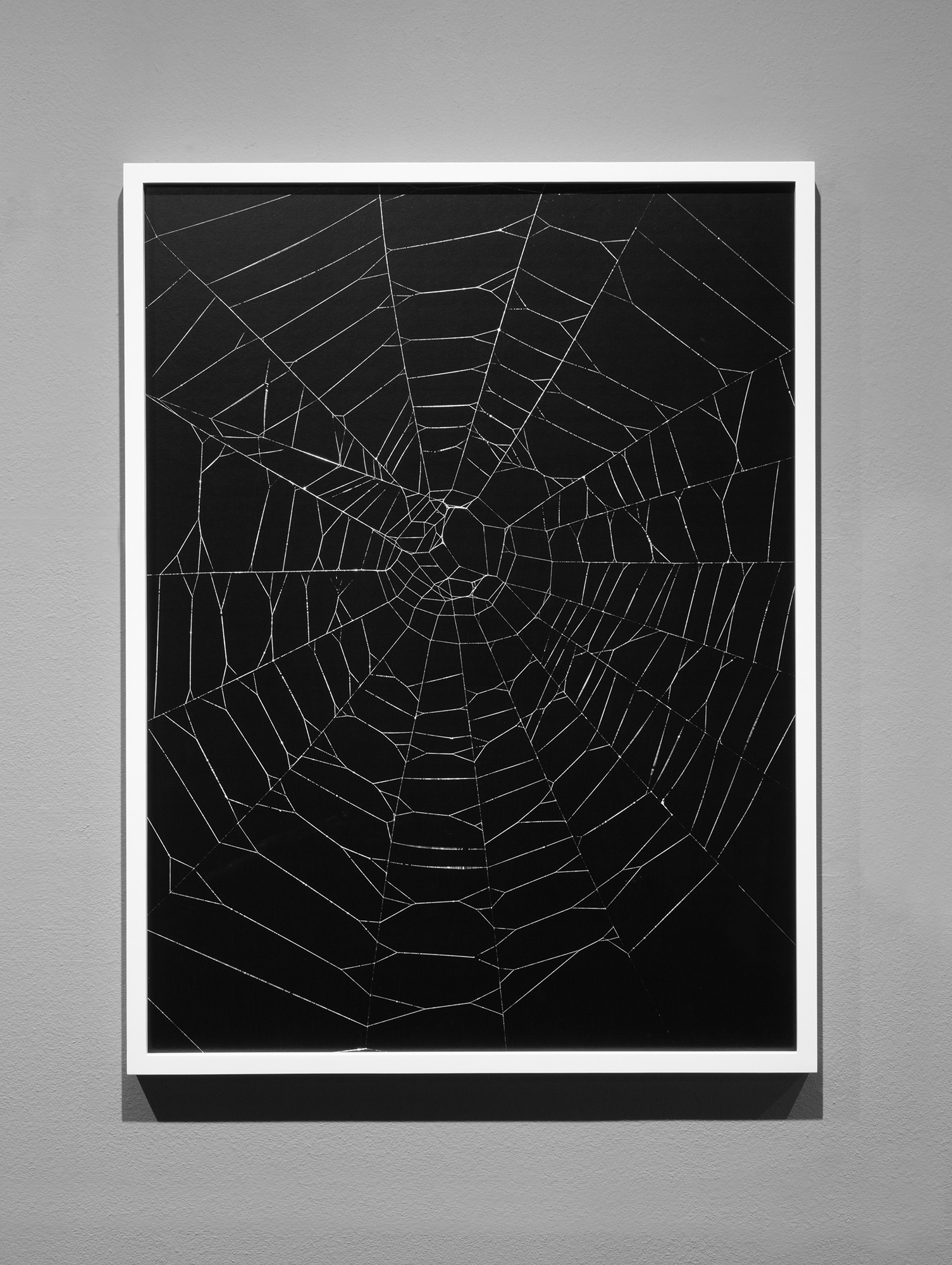Blank Verse
+ infoBlank Verse (2020)
Anyone who has ever visited the volcanic island of Jeju, located in the strait south of Korea, will not forget it soon. Not only the subtropical climate and the mandarin plantations offer an exotic flair, the characteristic rocky landscape with its countless craters, rugged gorges and cliffs is particularly impressive. The mighty cone of the Hallasan, inactive for 5000 years and mostly snow-covered, is constantly present as a direct connection to the earth’s interior and reminds of the island’s bloody history. Partisans and civilians sought refuge here when Jeju was the scene of brutal incitement to communists during the Cold War. Florian Bong-Kil Grosse stayed several month on Jeju to work on his new series “Blank Verse”.
The mostly large-format black and white photographs are arranged in loose groups, the pictures show various natural scenes captured from different angles. From flat rock formations and cartilaginous tree roots to detailed shots, in which great interest in inconspicuous patterns and material aesthetics continues, which was already noticed in his long-term project “Hanguk”. But if this also showed people in their more or less natural surroundings, the nature in this depictions is largely inanimate: The bat sleeps on the rock face, the squid slacks on land and the spider web is empty.
Strong contrasts, often against a dark background, emphasize the “island solitude” that inevitably sets in Jeju. Motifs such as mountains in the fog or full moon over the sea also connect with romantic themes. Which does not mean that the pictures illustrate a world without people, an island before the beginning of civilization or towards the end of the Anthropocene. The natural scenes almost always imply a subjective, inquiring, astonished gaze in which the monumental, original qualities of Jeju’s landscape are reflected. They play very directly with the projection of longings but also fears into nature.
The caves, which Grosse repeatedly sought and explored, were created naturally over thousands of years or constructed by Japanese soldiers during the occupation. Loyal to the emperor they hid themselves here from the inevitable surrender at the end of the Second World War, later they offered protection from anti-communist persecutors. For Grosse the entrances act as access to a rather imaginary world, another reality. In his photos they appear as yawning abysses and shiny mirrors at the same time. Deep below the peaks, they drive the expedition to the extreme in the individual – and cultural – unconscious.
Other photos are close to abstraction. But although the vegetation, the fabric, the grain that dominates some of these images may appear repetitive and monochrome exaggerating, the patterns in the context of the series remain concrete. Perhaps too vague to be found on site, the vegetation and rock formations appear to be part of the whole, nonetheless unique and wild. The island that Grosse outlines in his pictures is a patchwork quilt with more dark than light fields.
The title of the series, “Blank Verse”, denotes poetry without rhyme. Grosse’s photos also follow a rhythm that is more apparent in the overall view than in the details. They do not offer an invitation to Jeju, but rather show an island beyond the coastal roads and hiking trails, a subjective look under the earth’s crust and undergrowth, in a shadowy world where deep blackness and rampant growth do not represent a contradiction.
